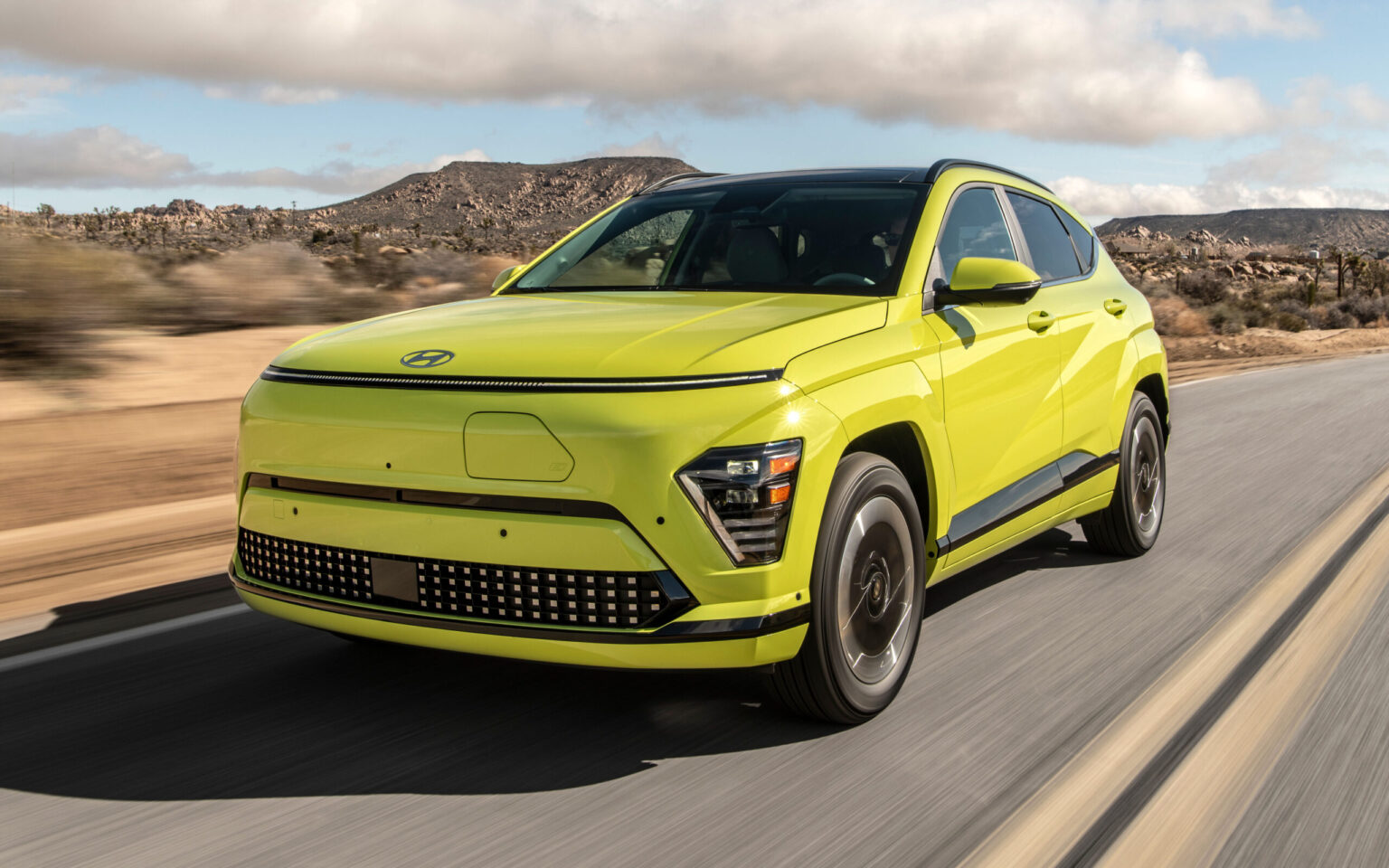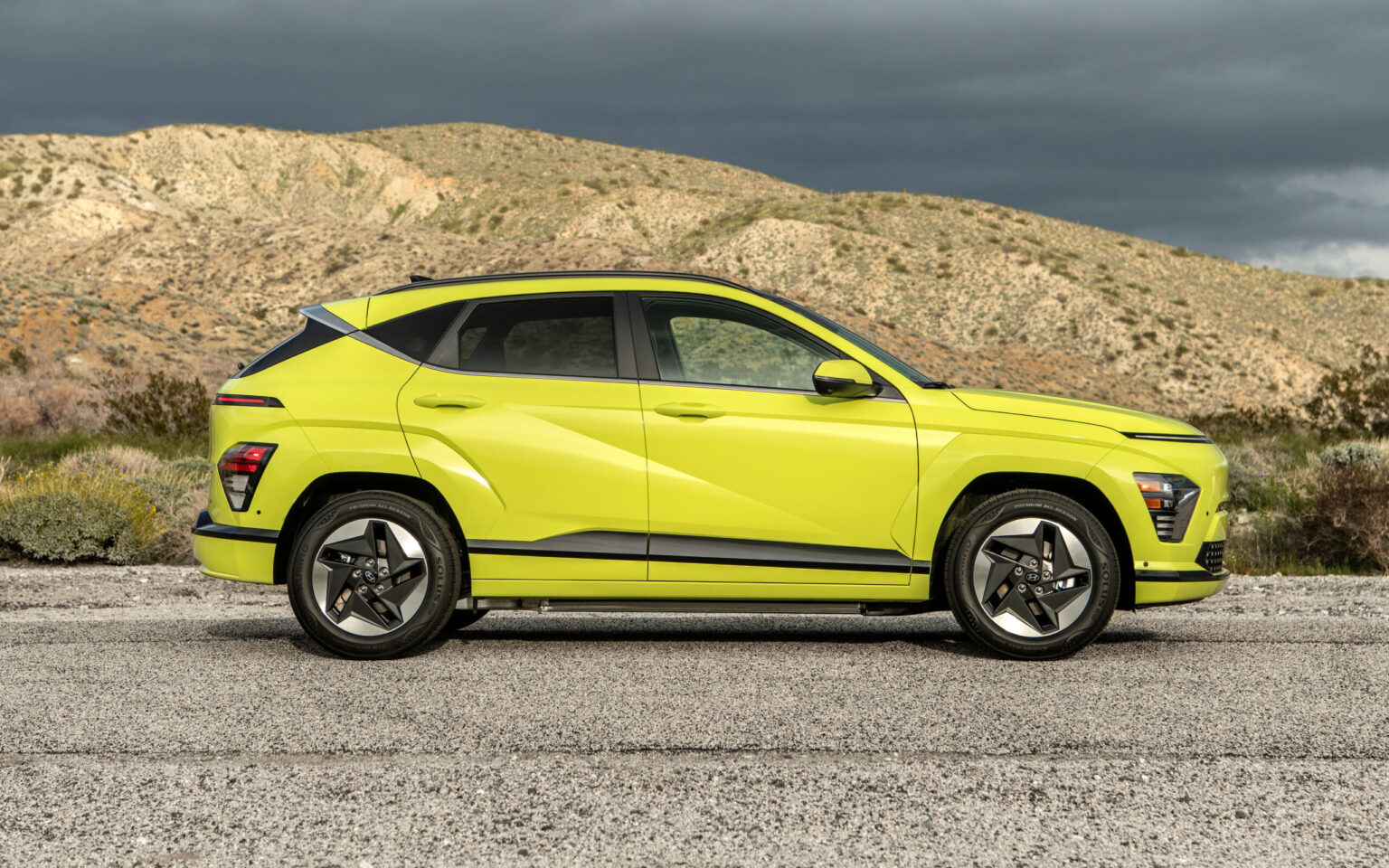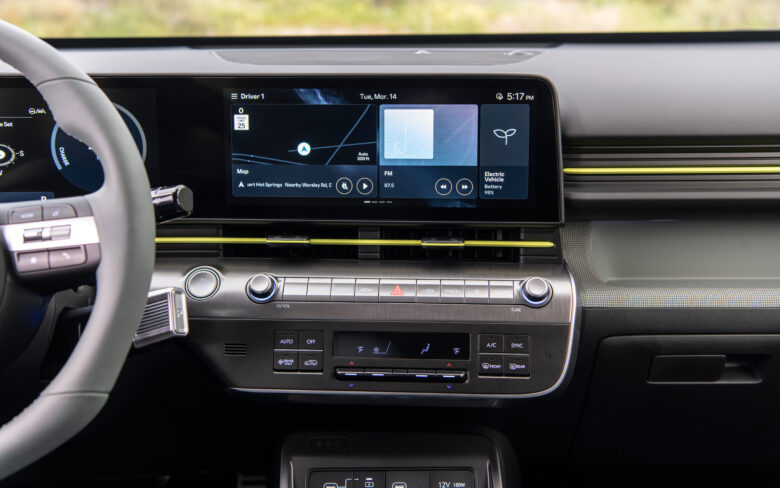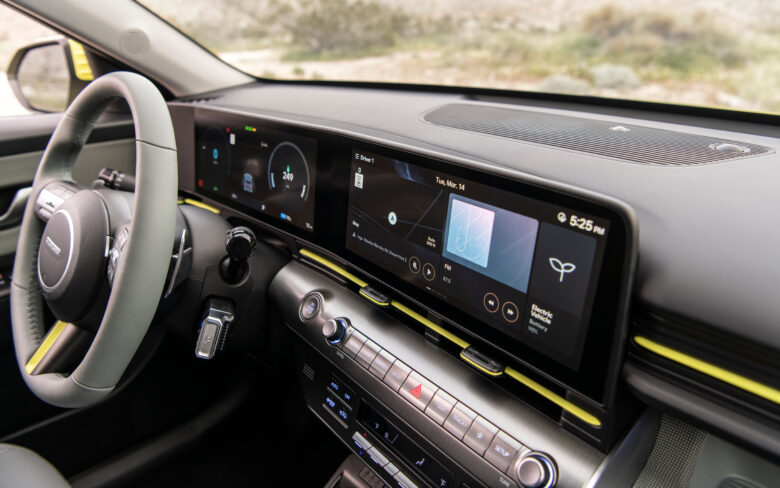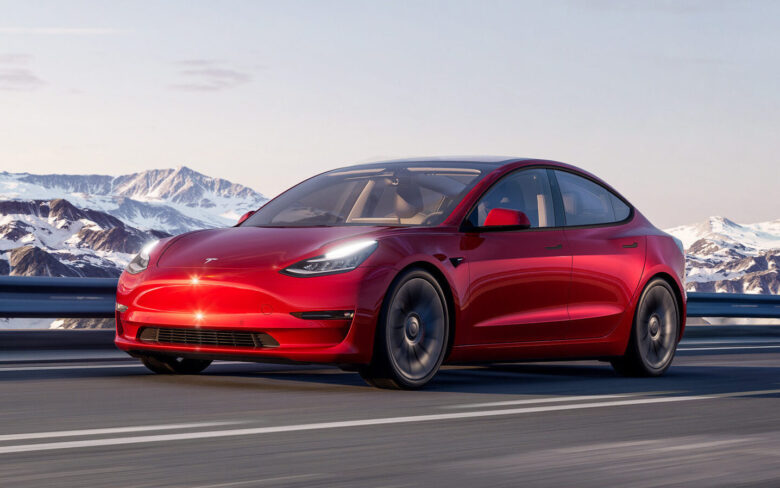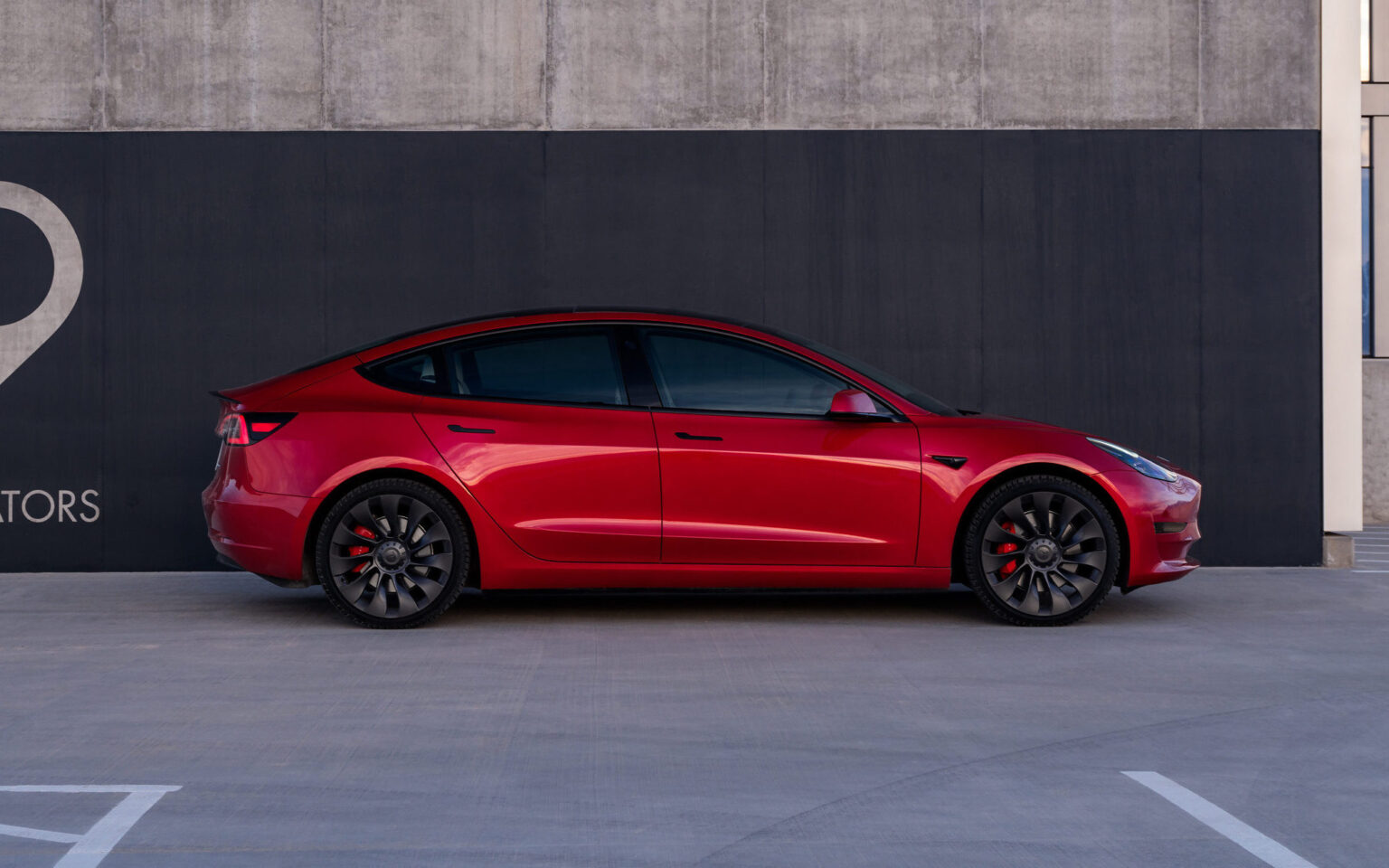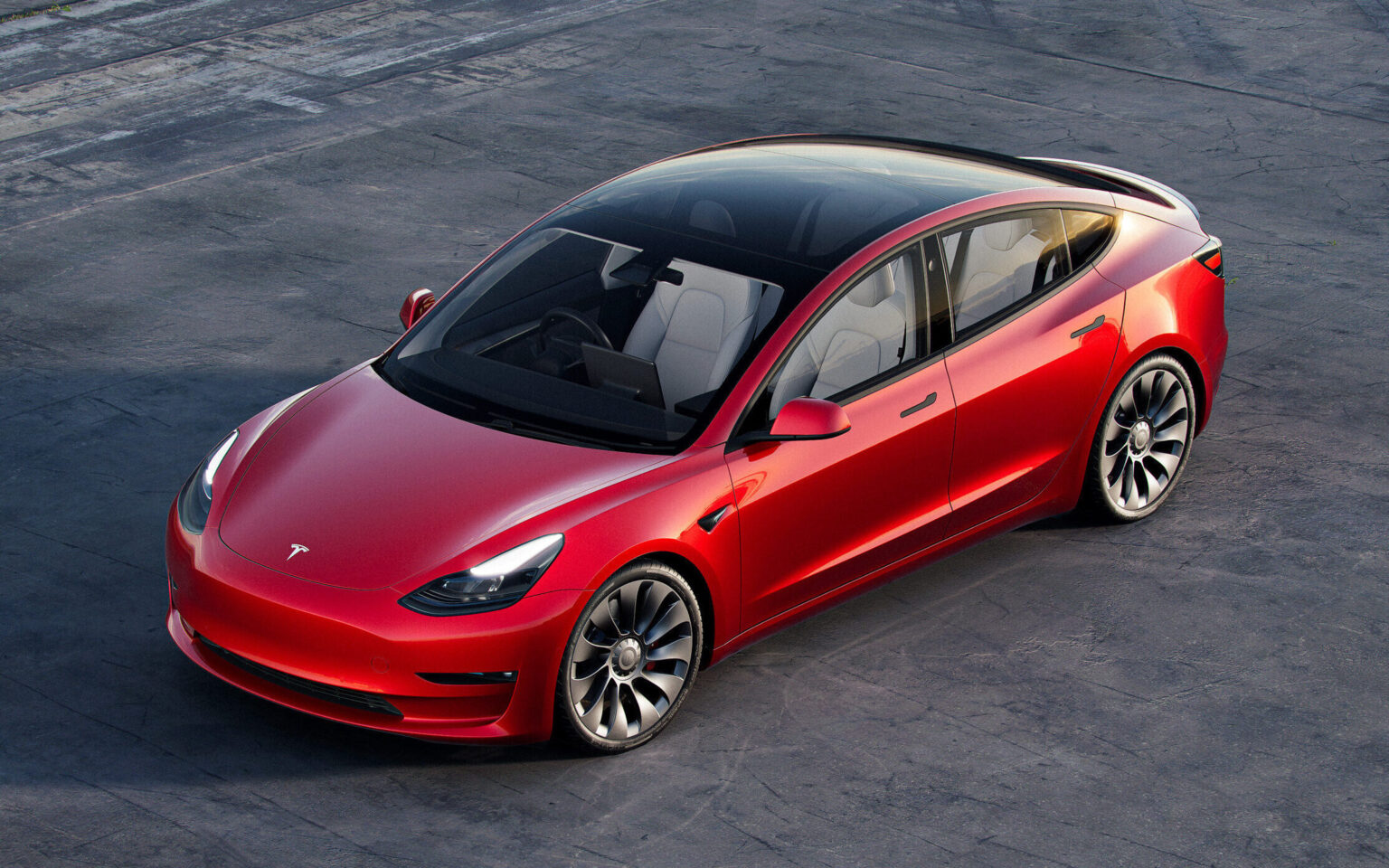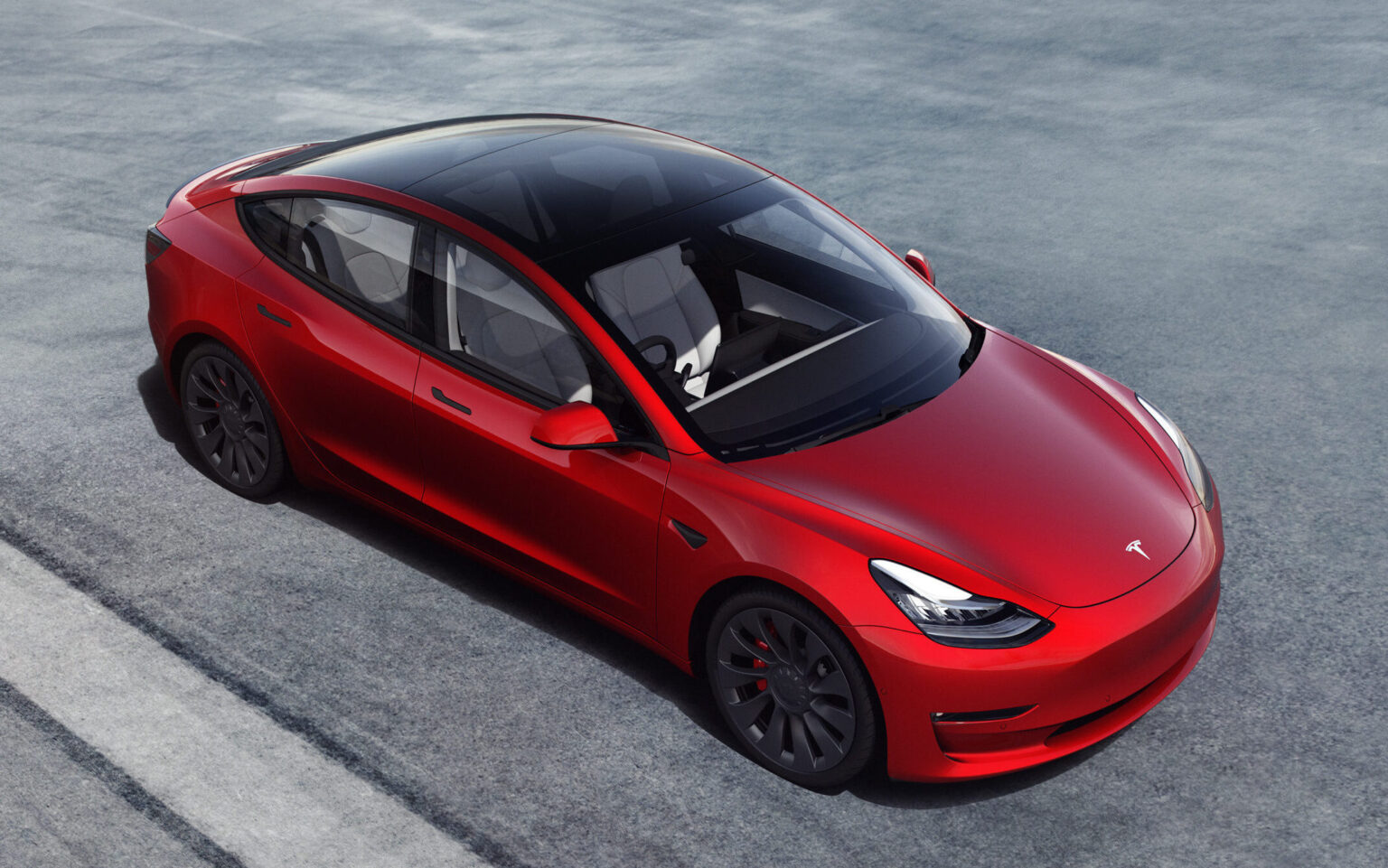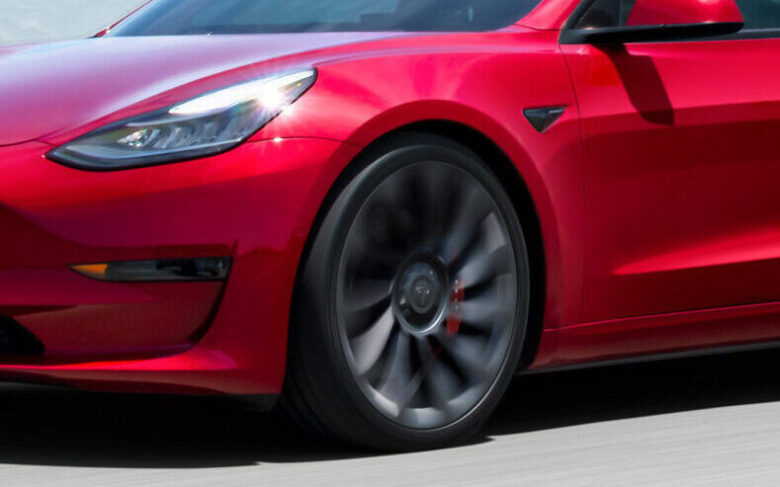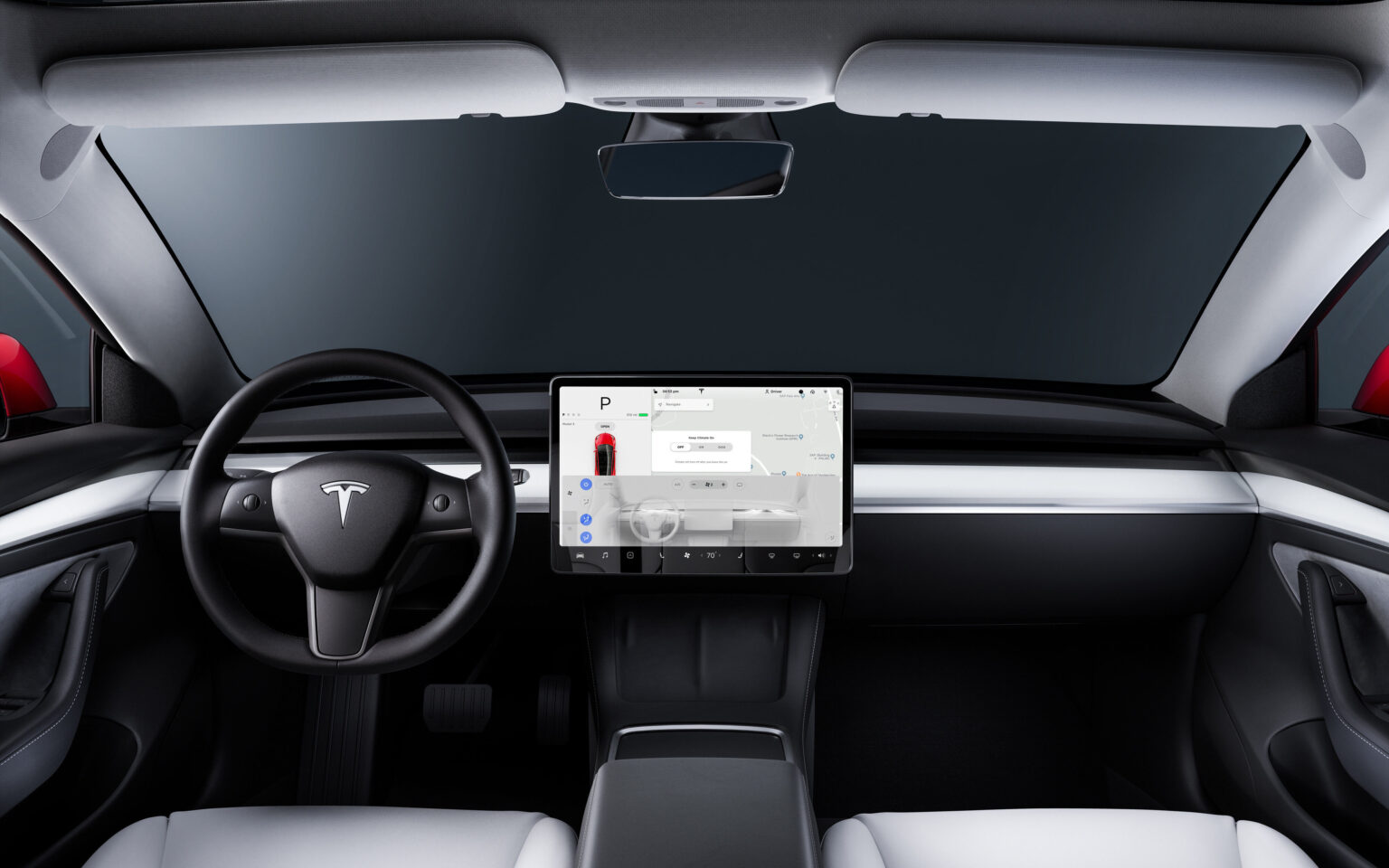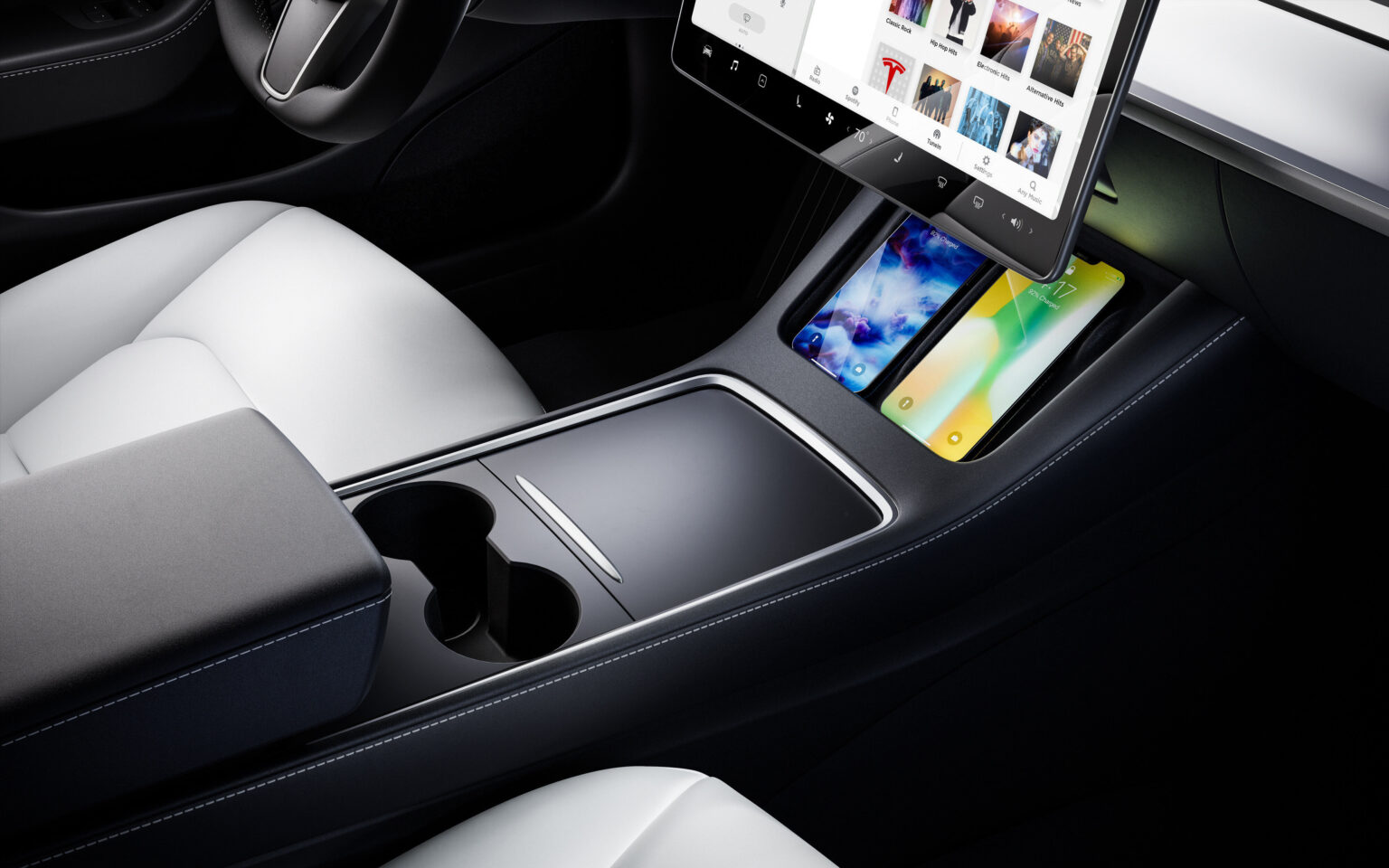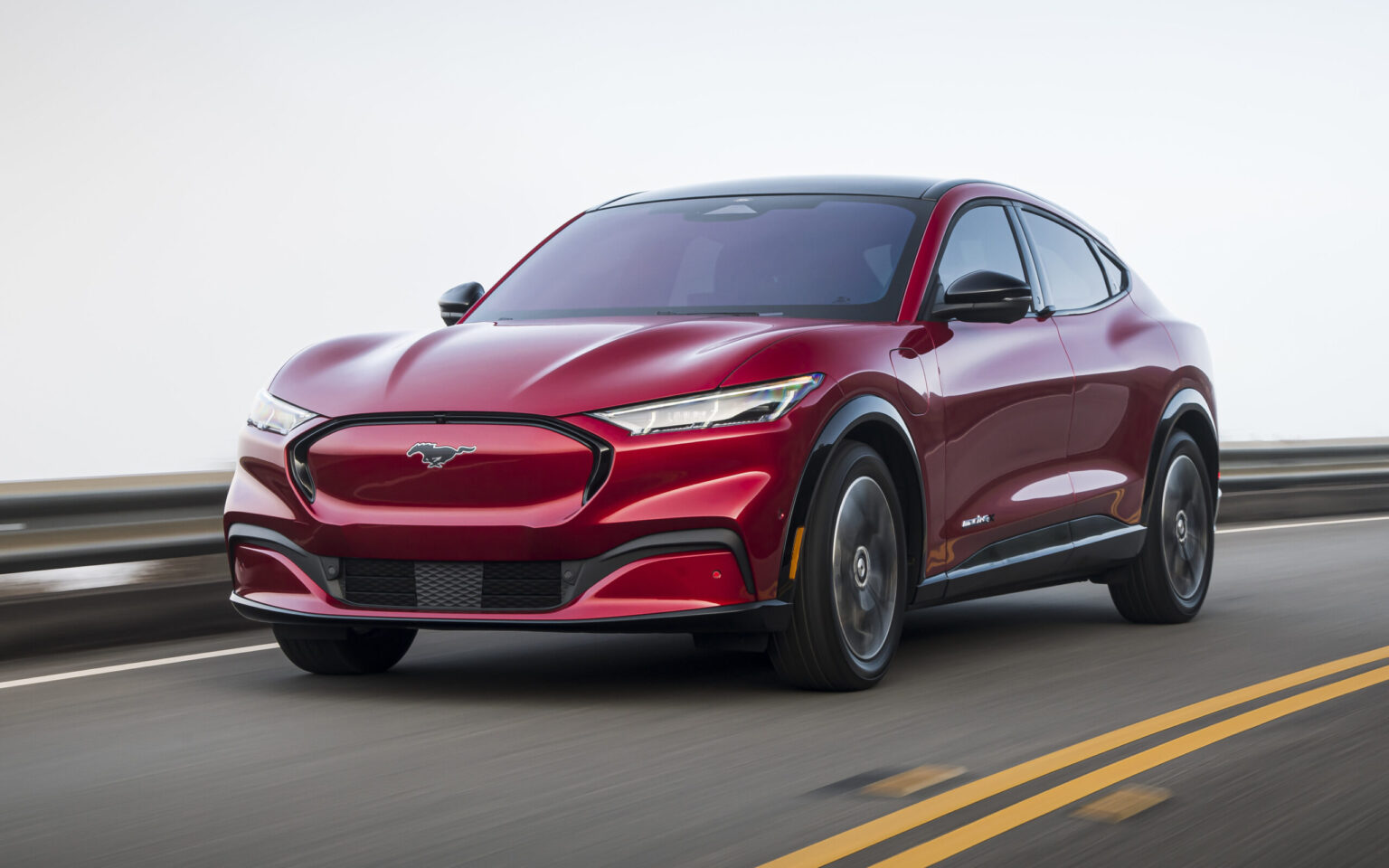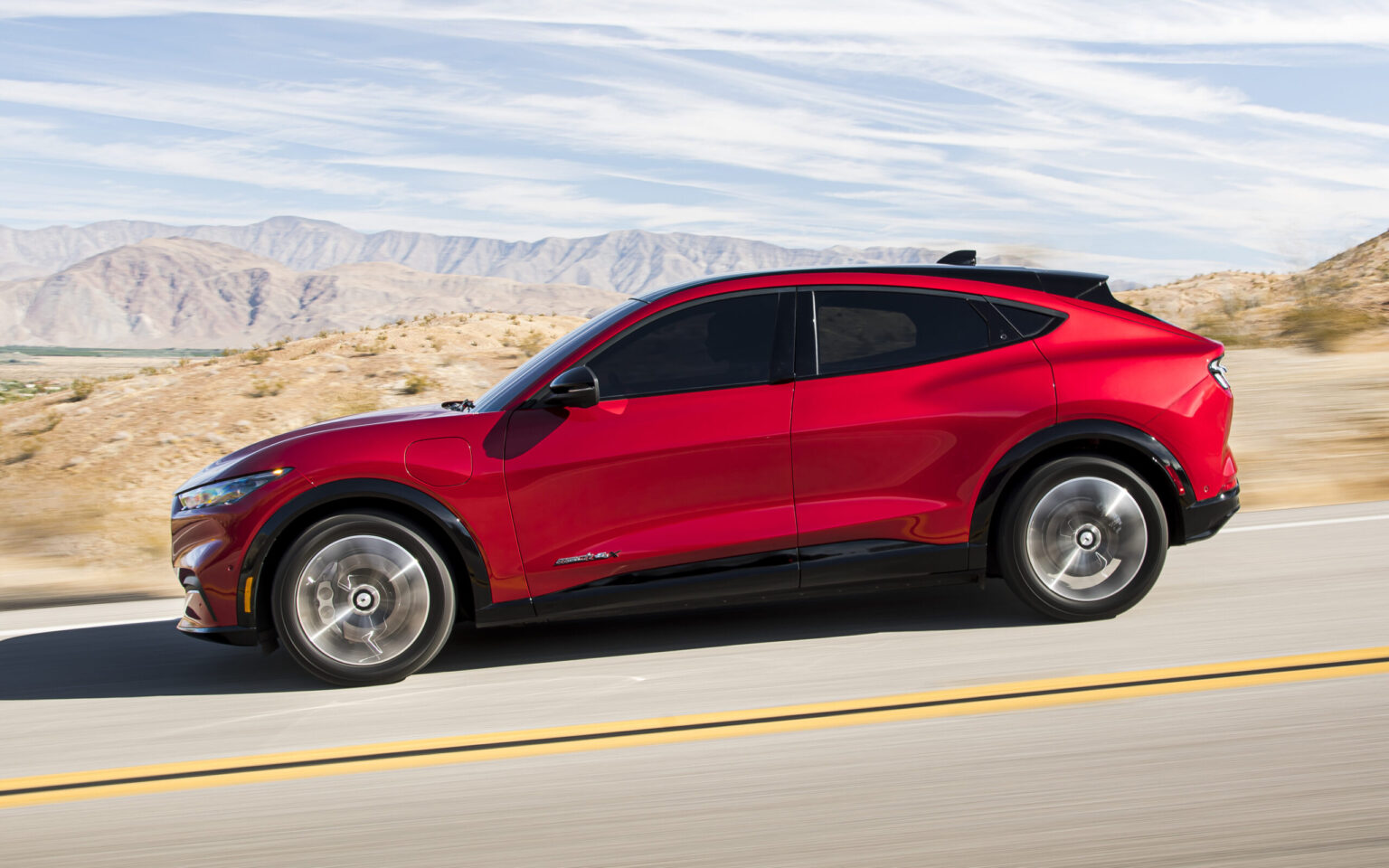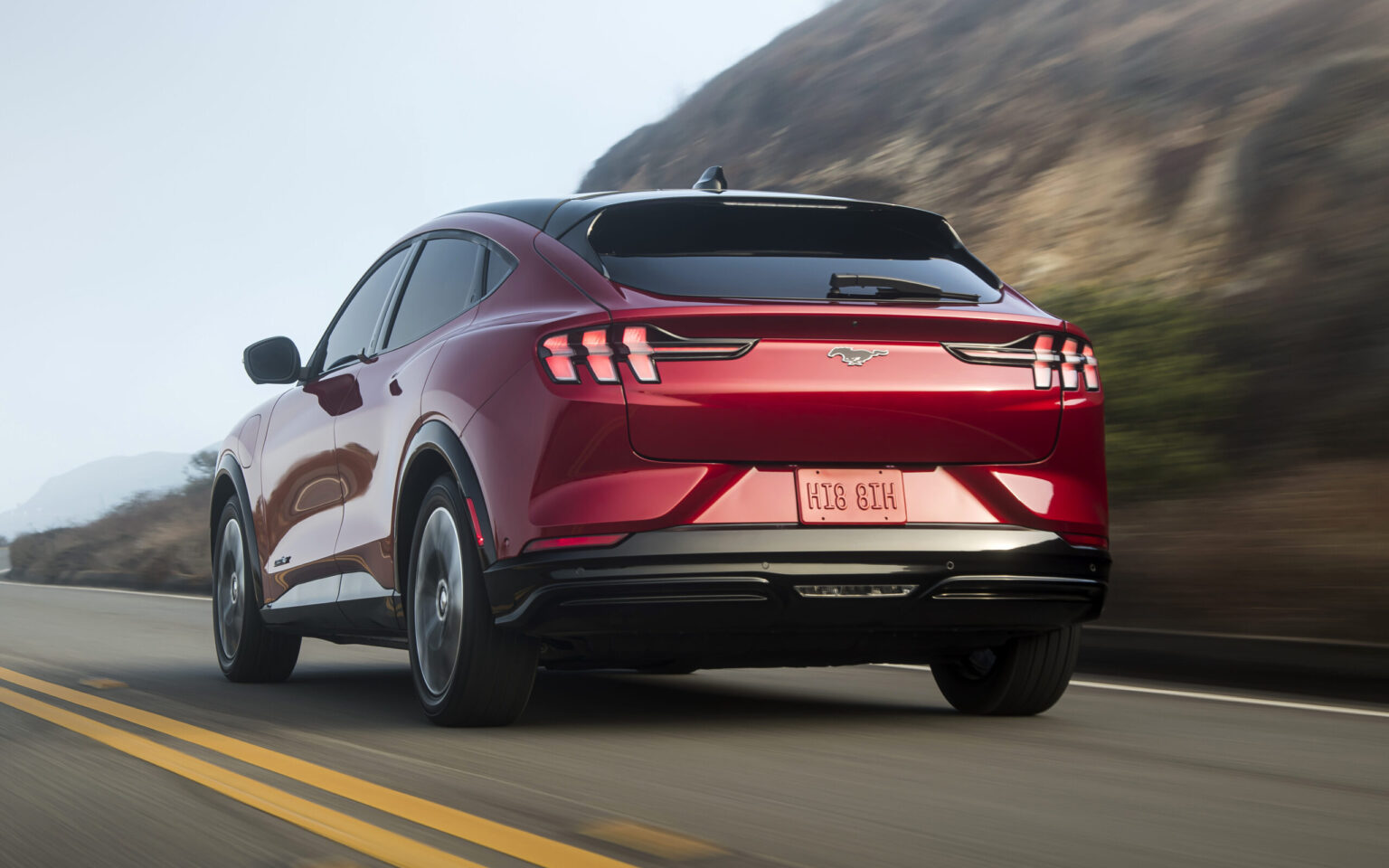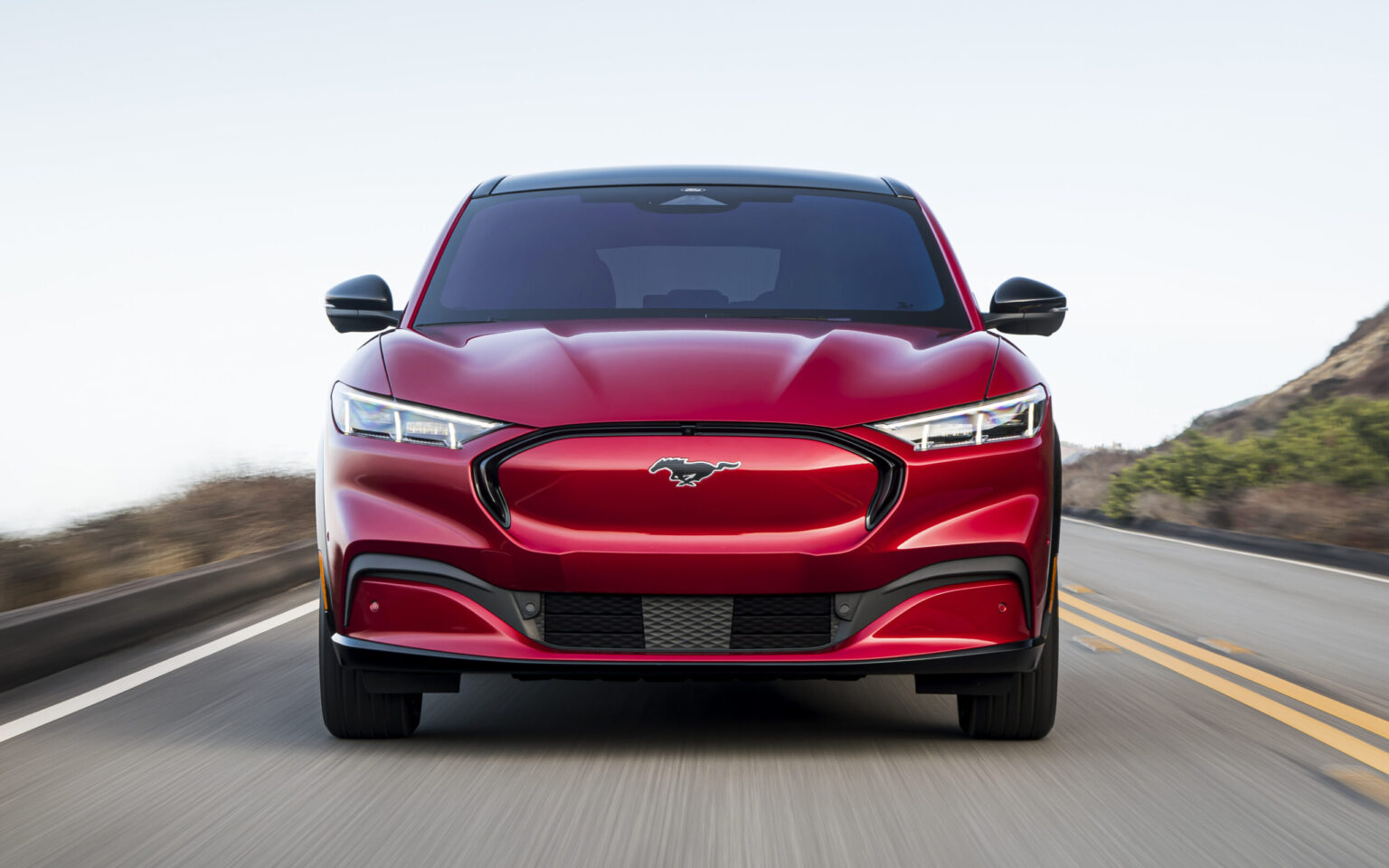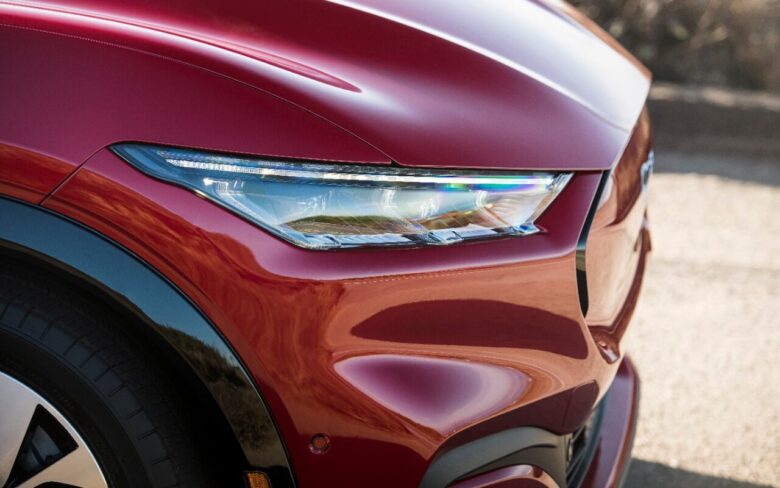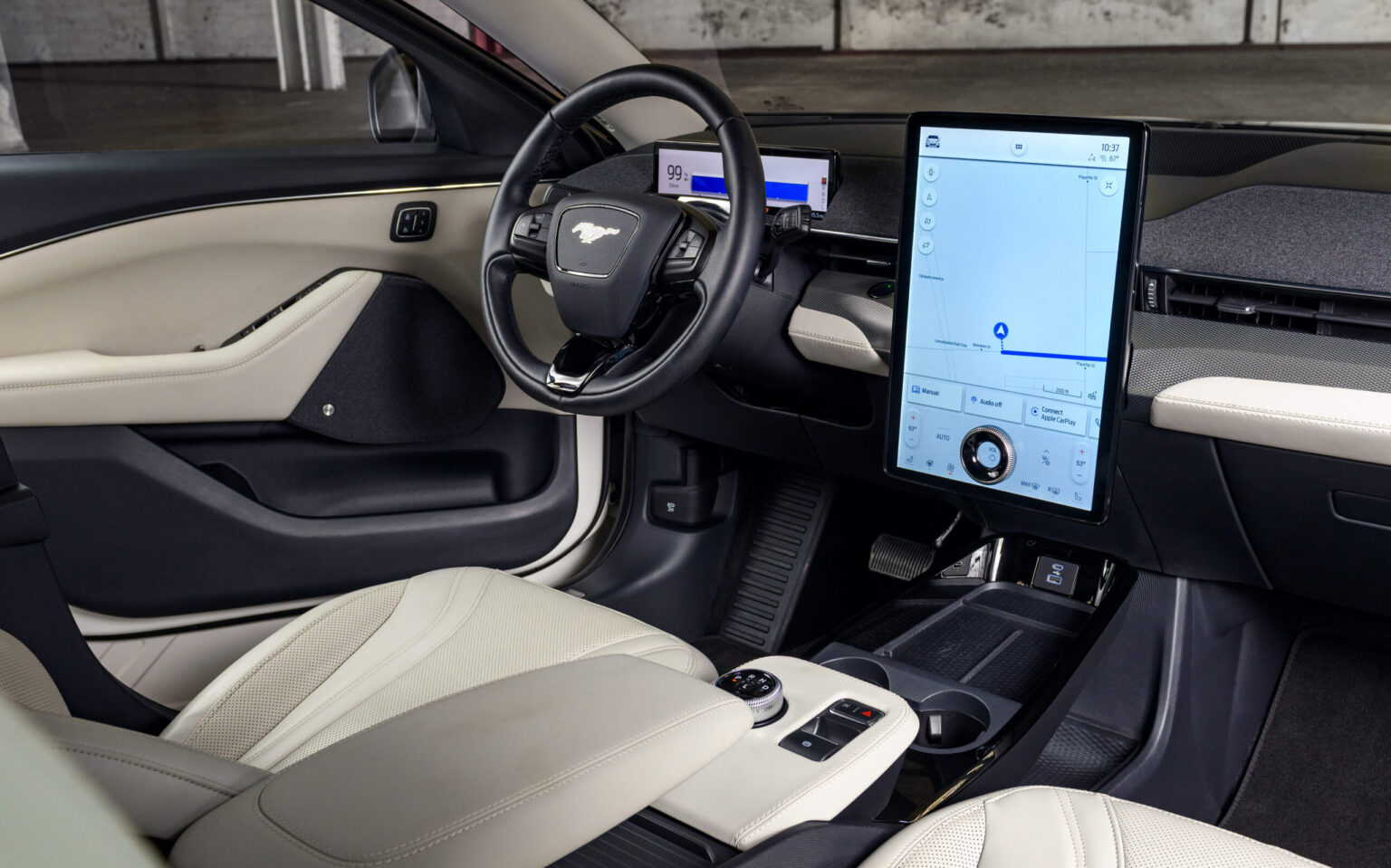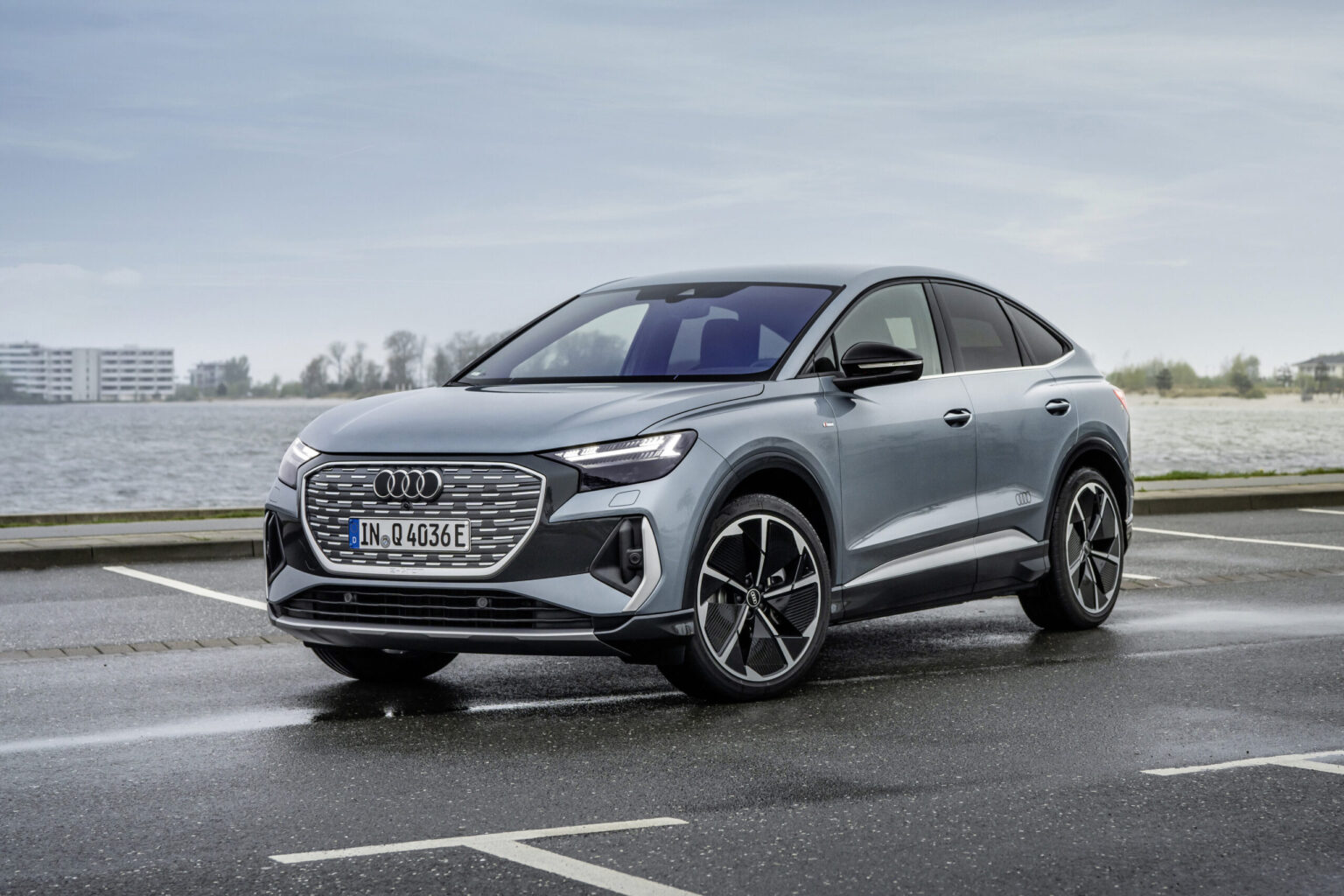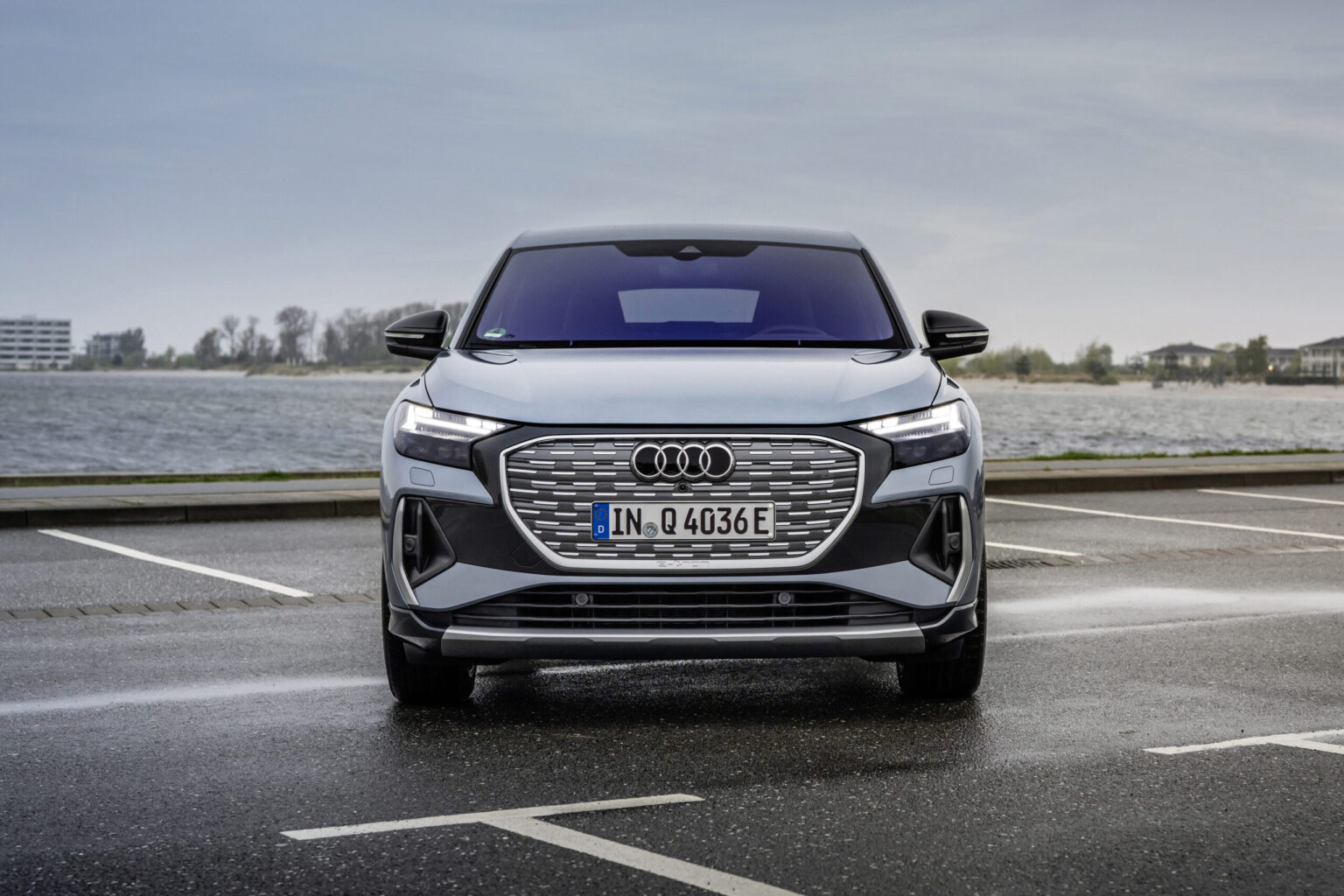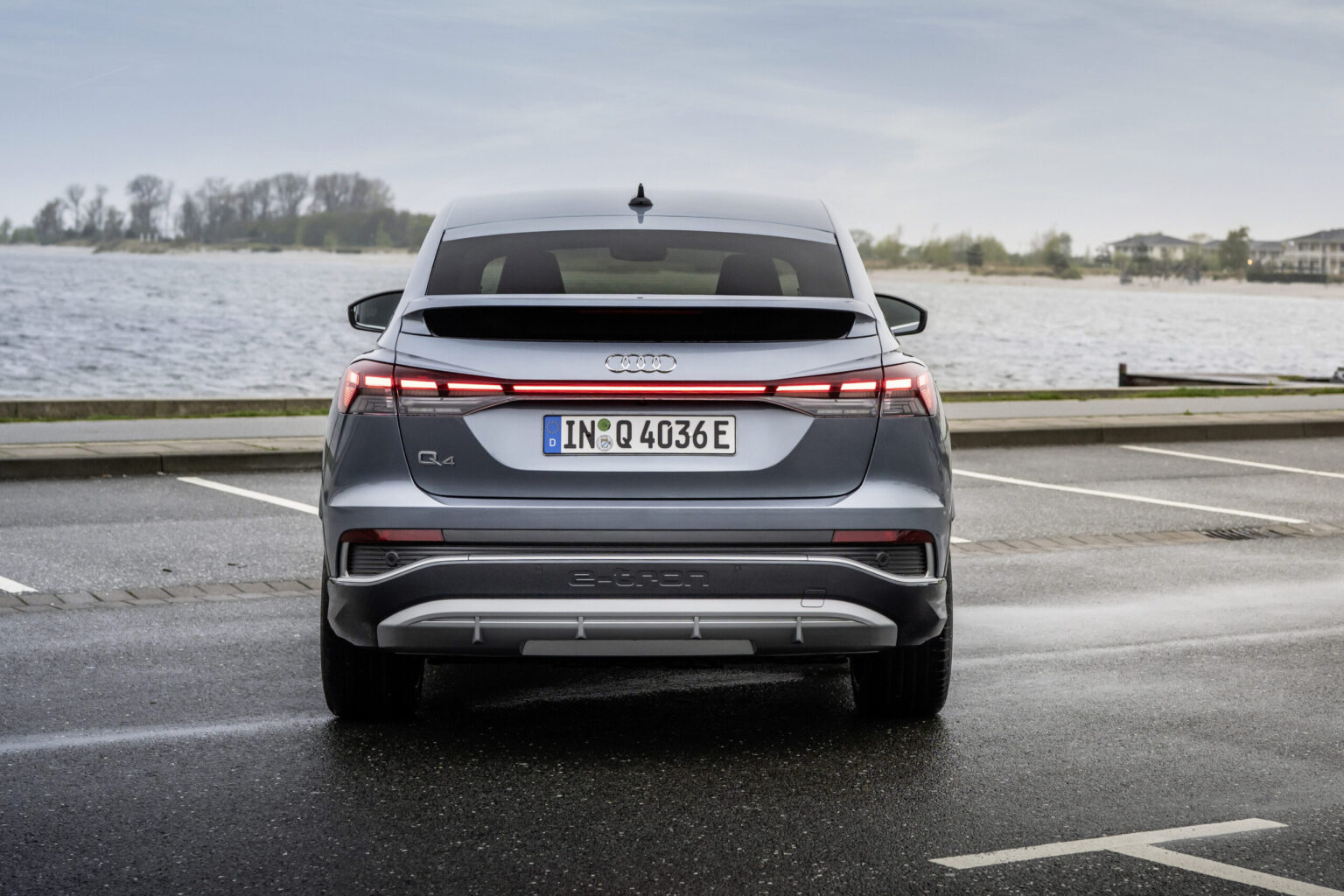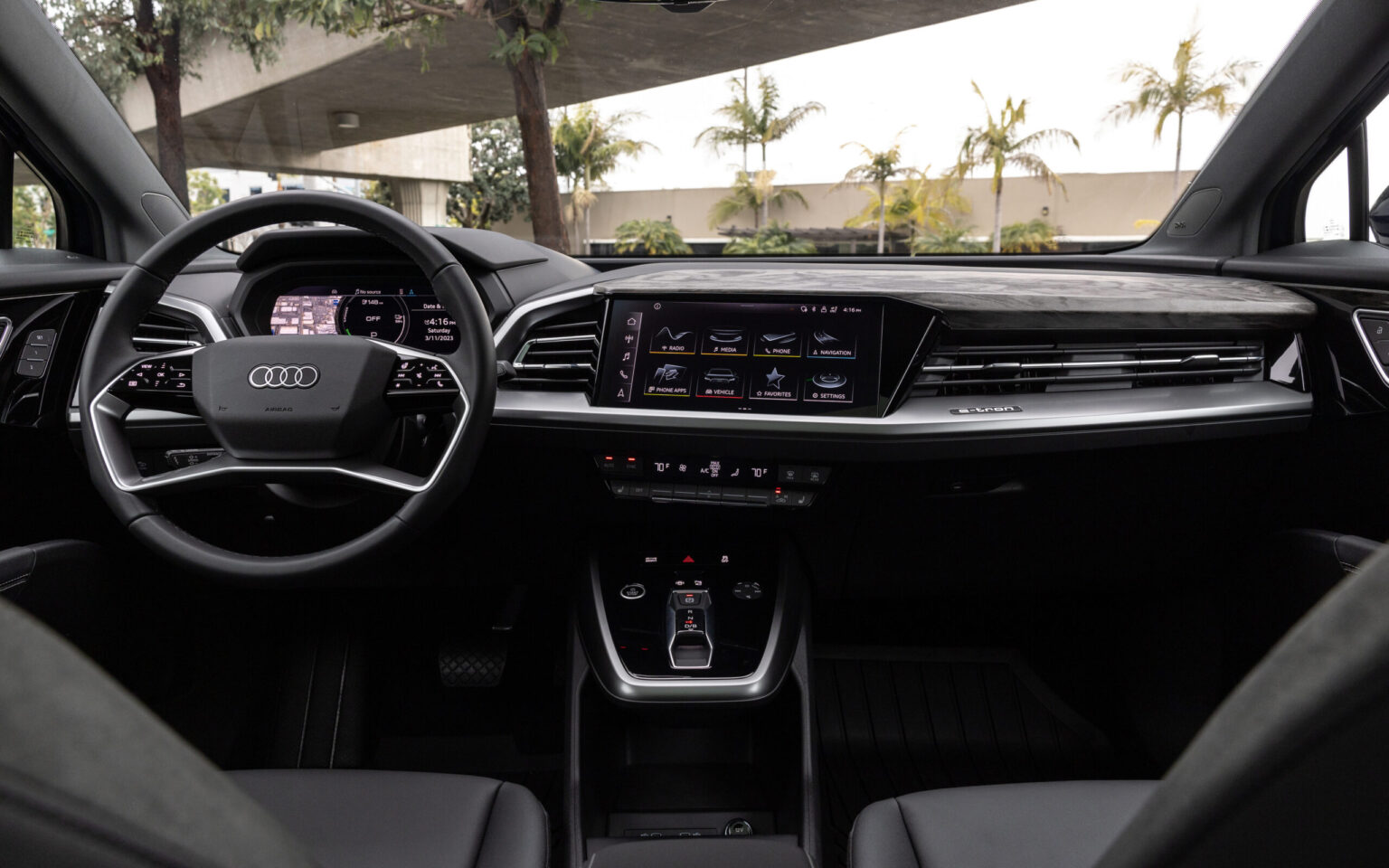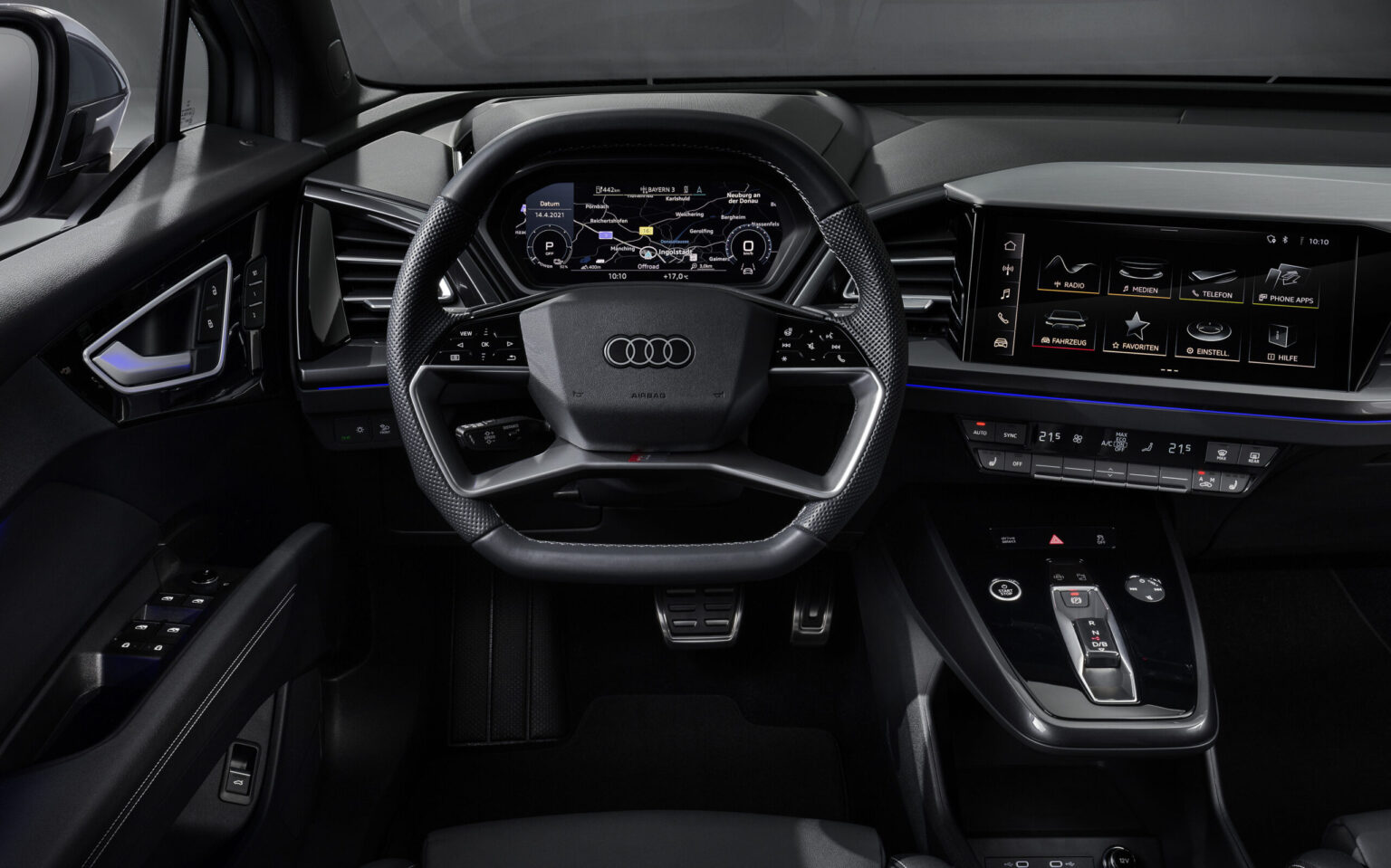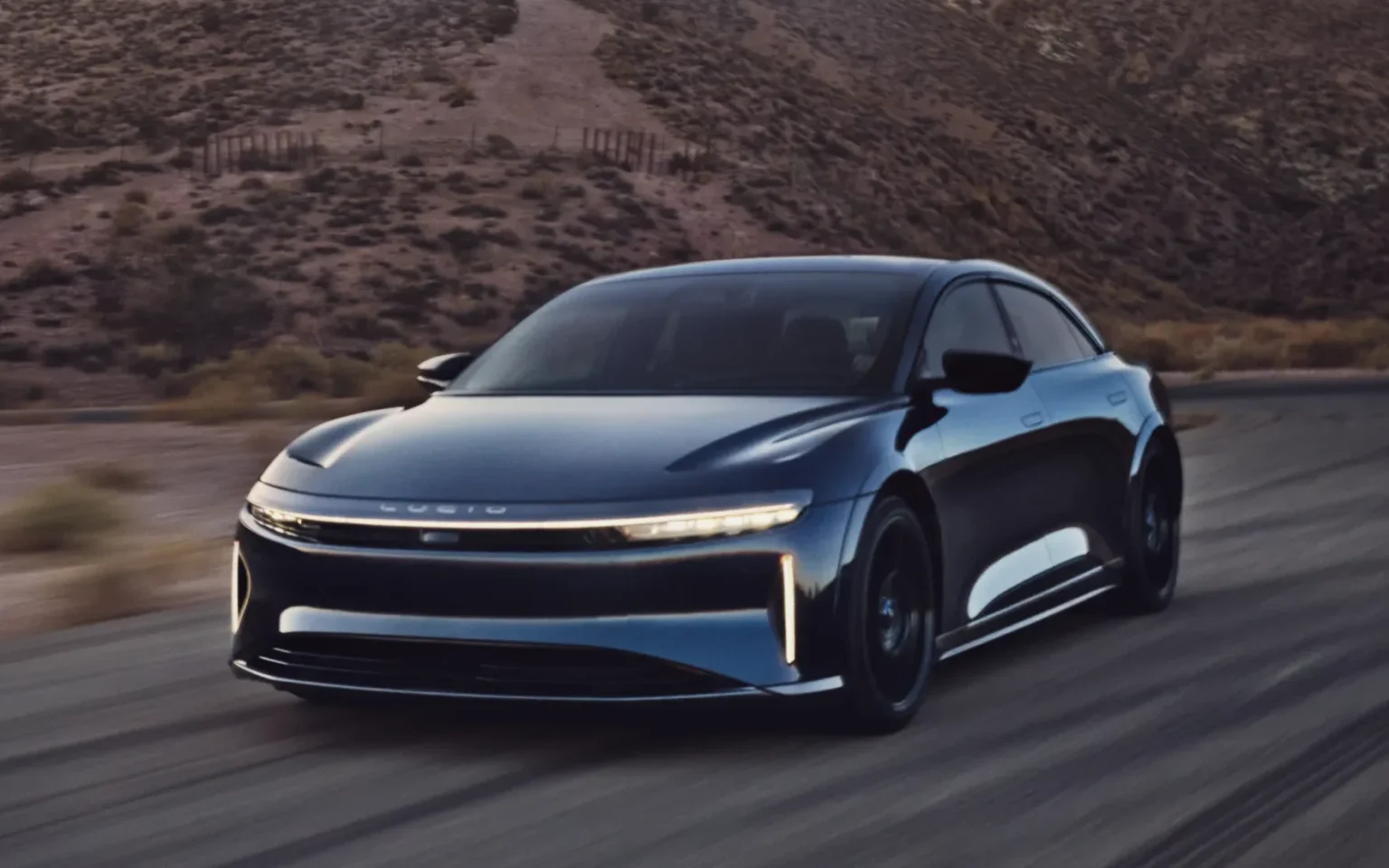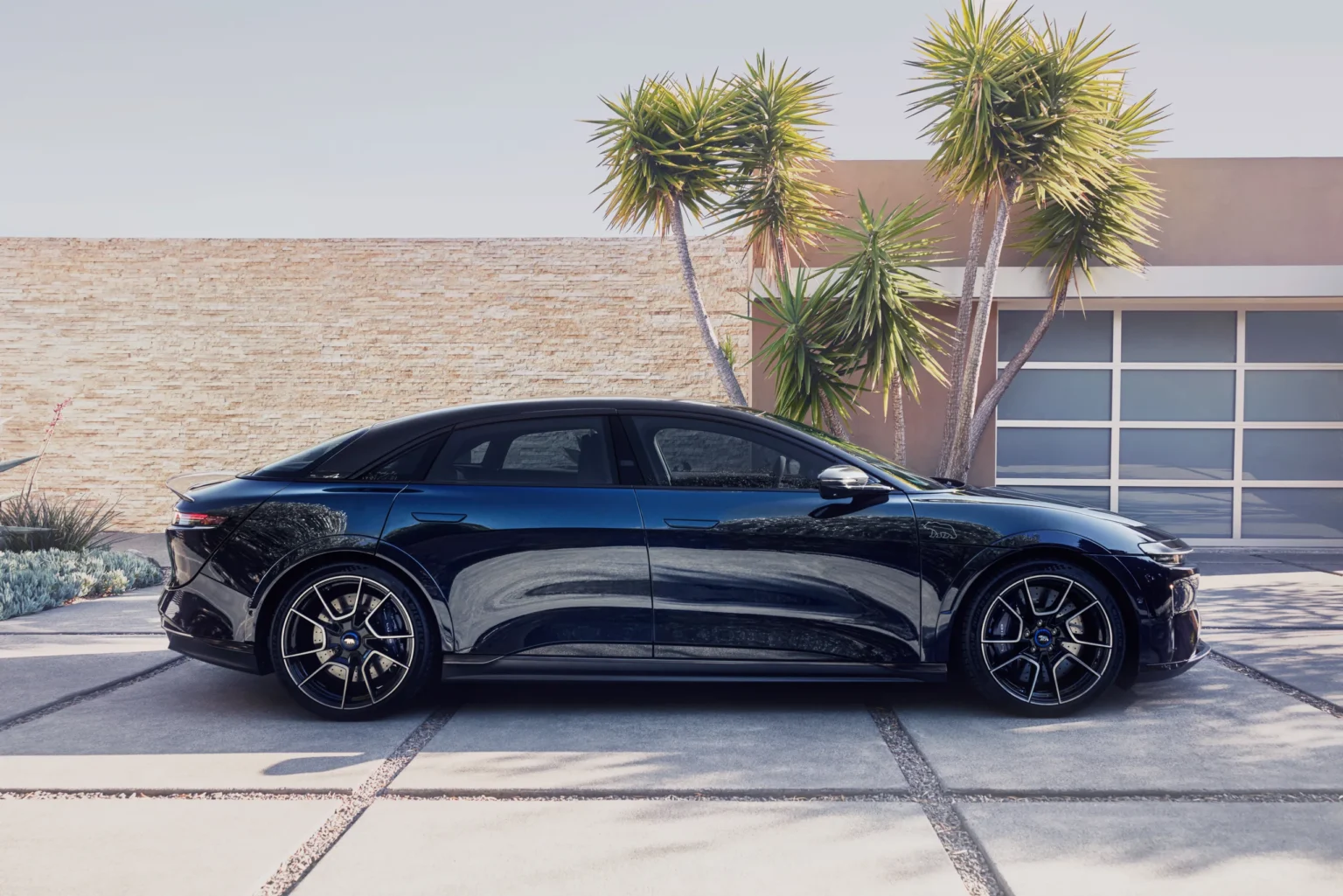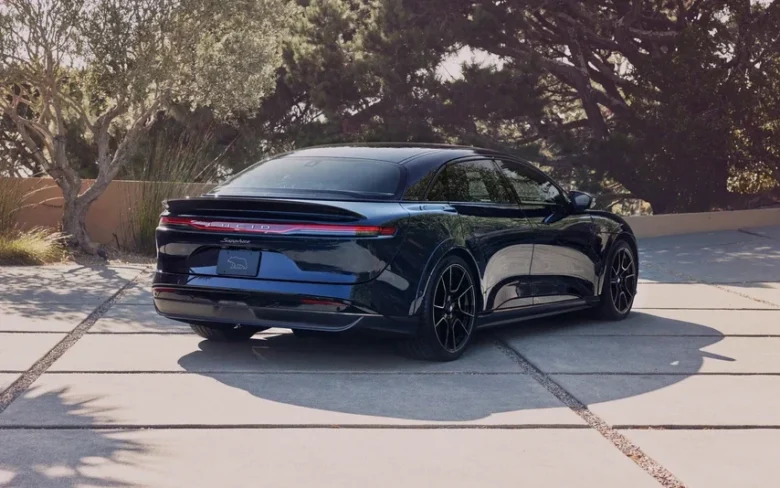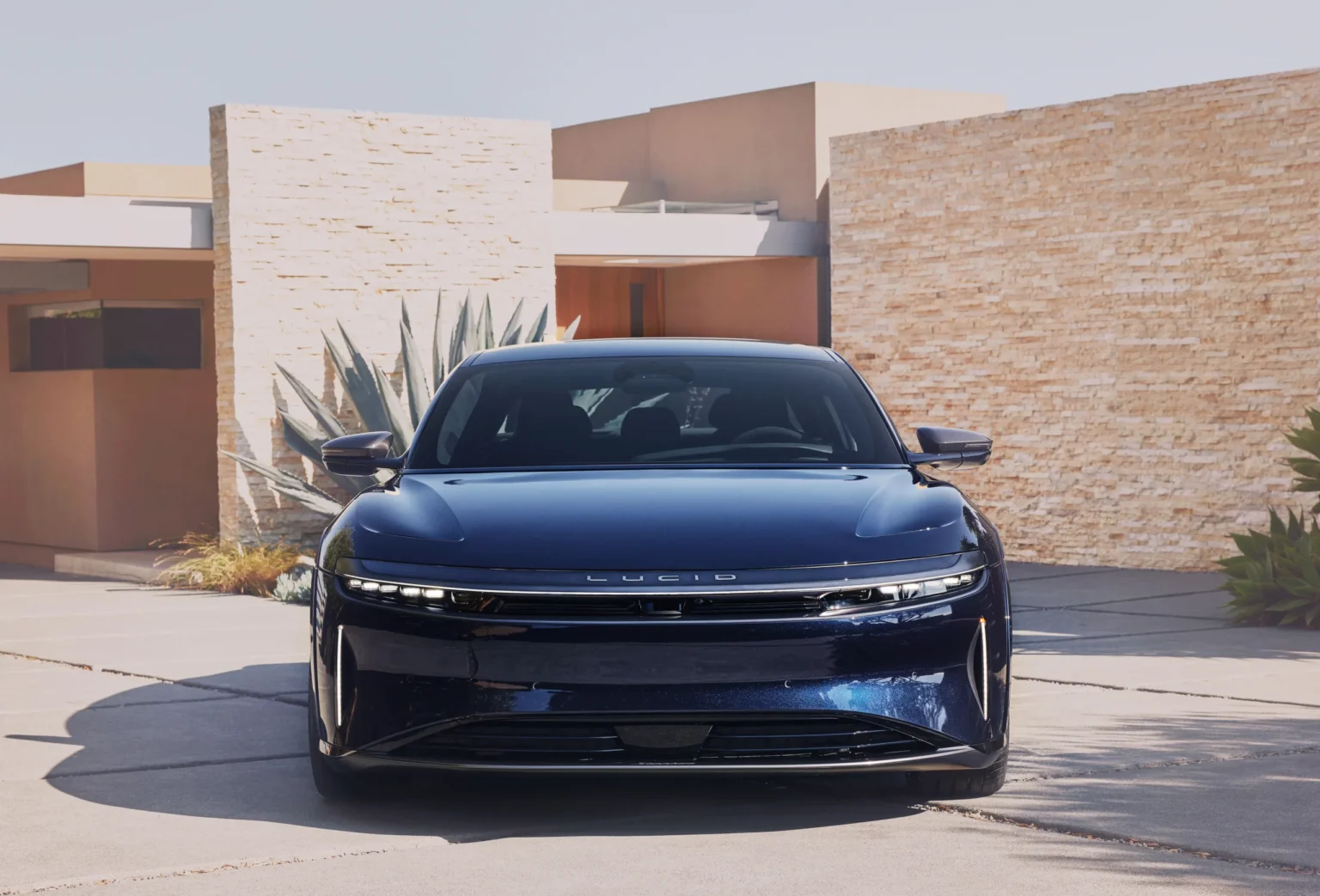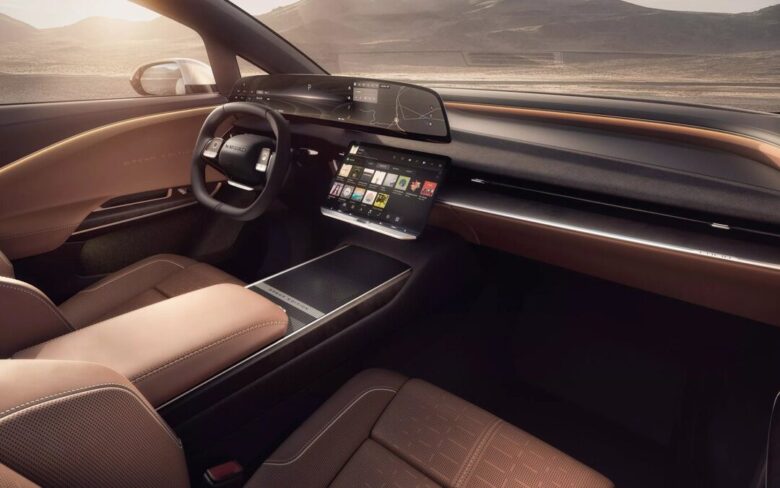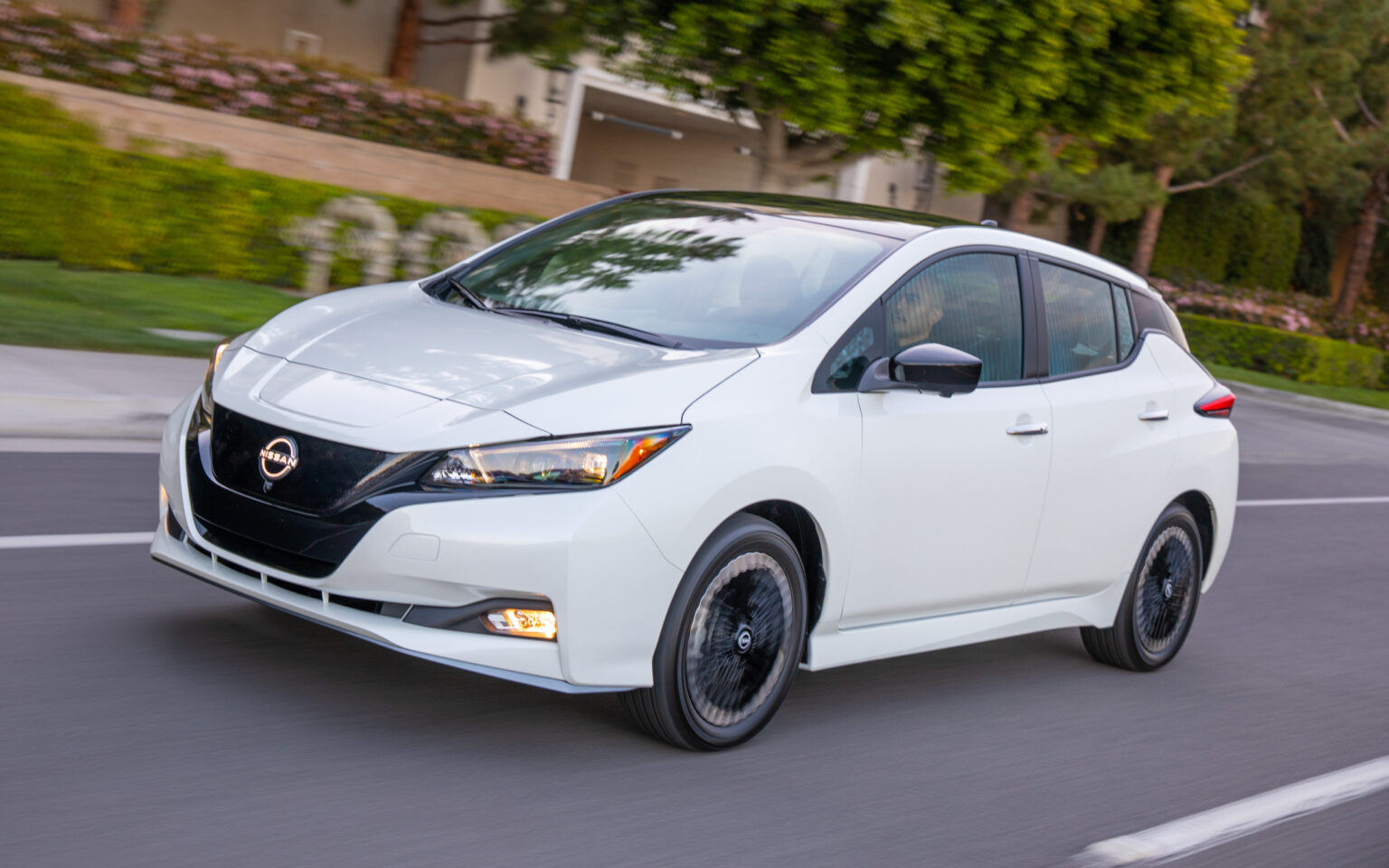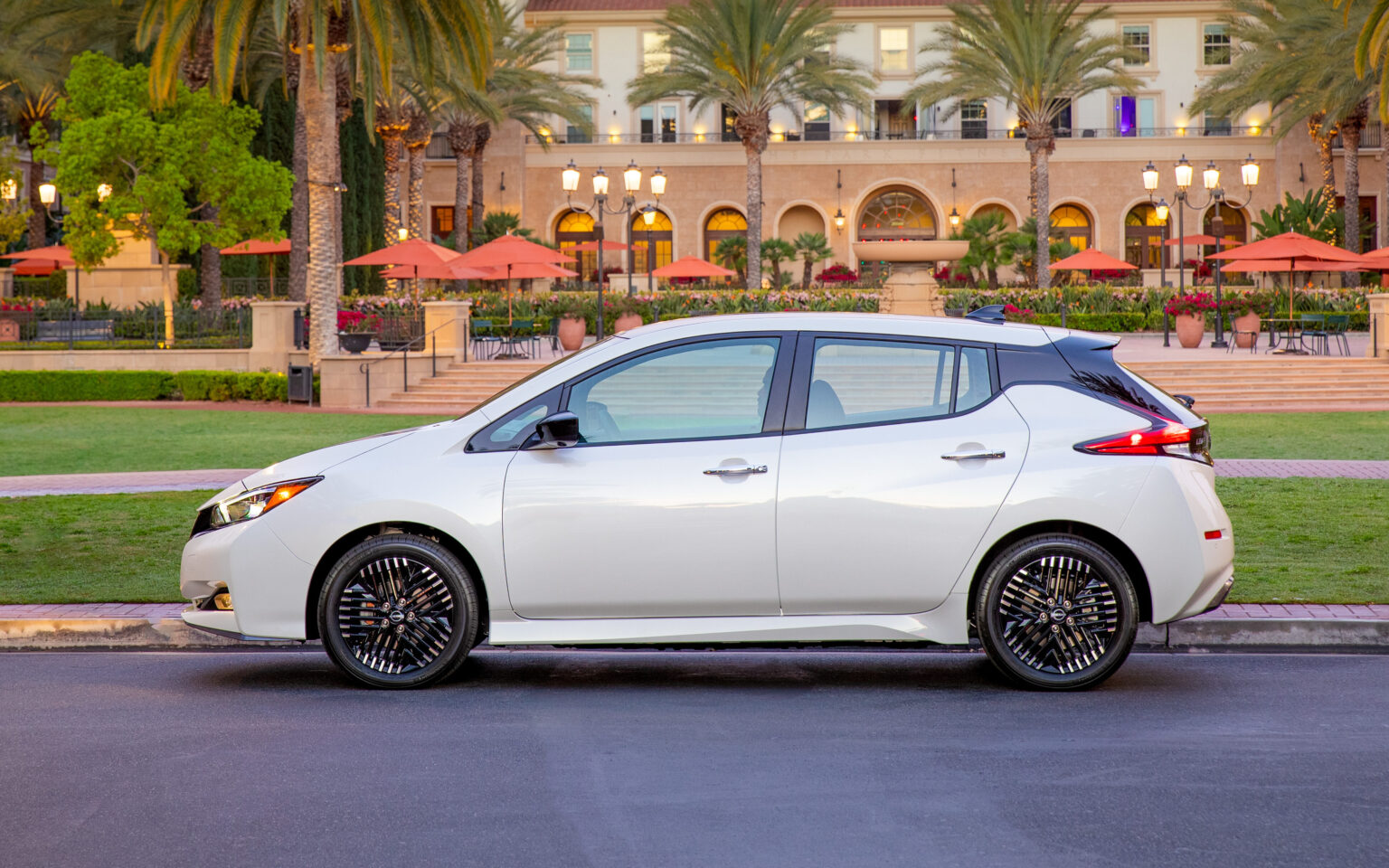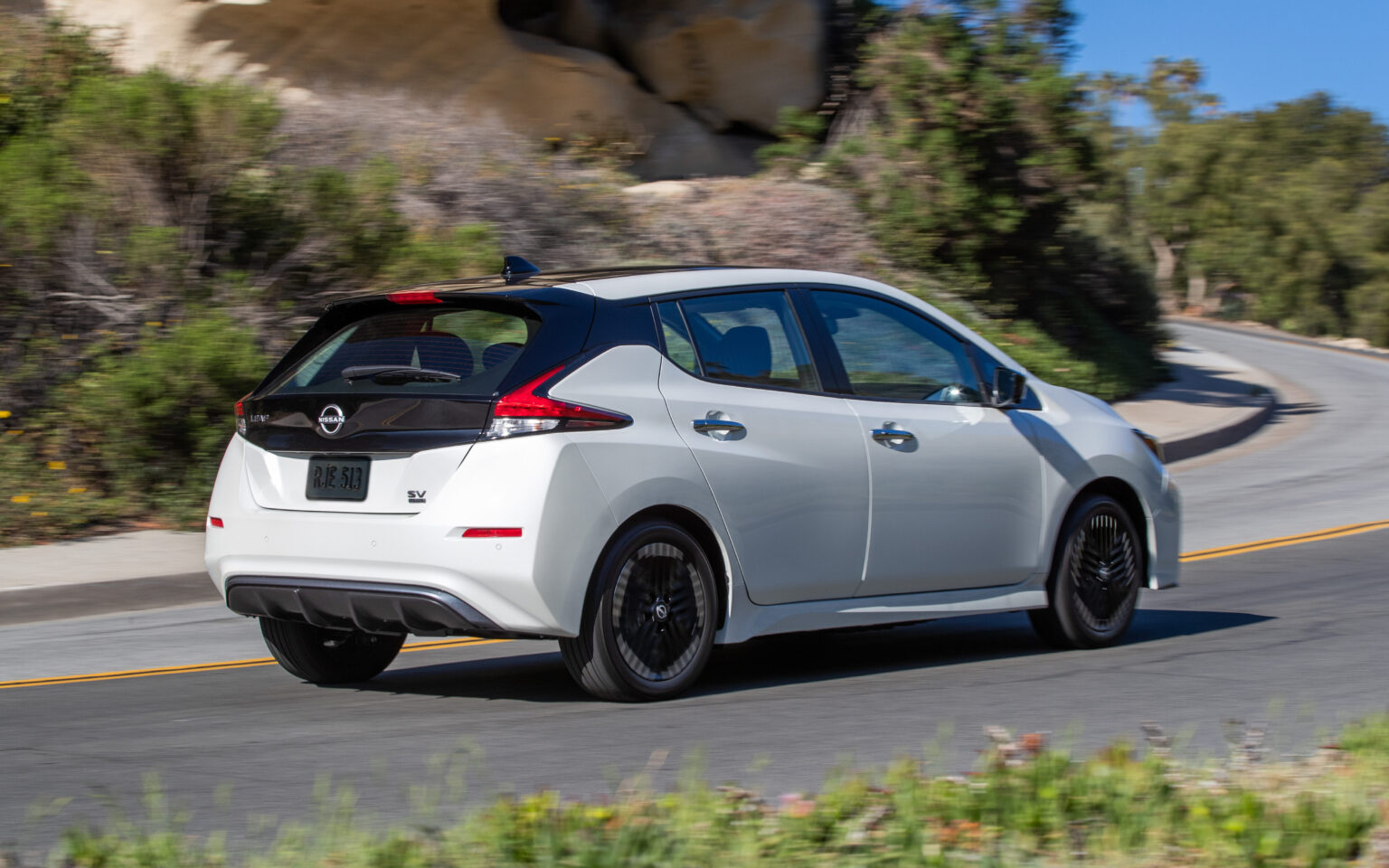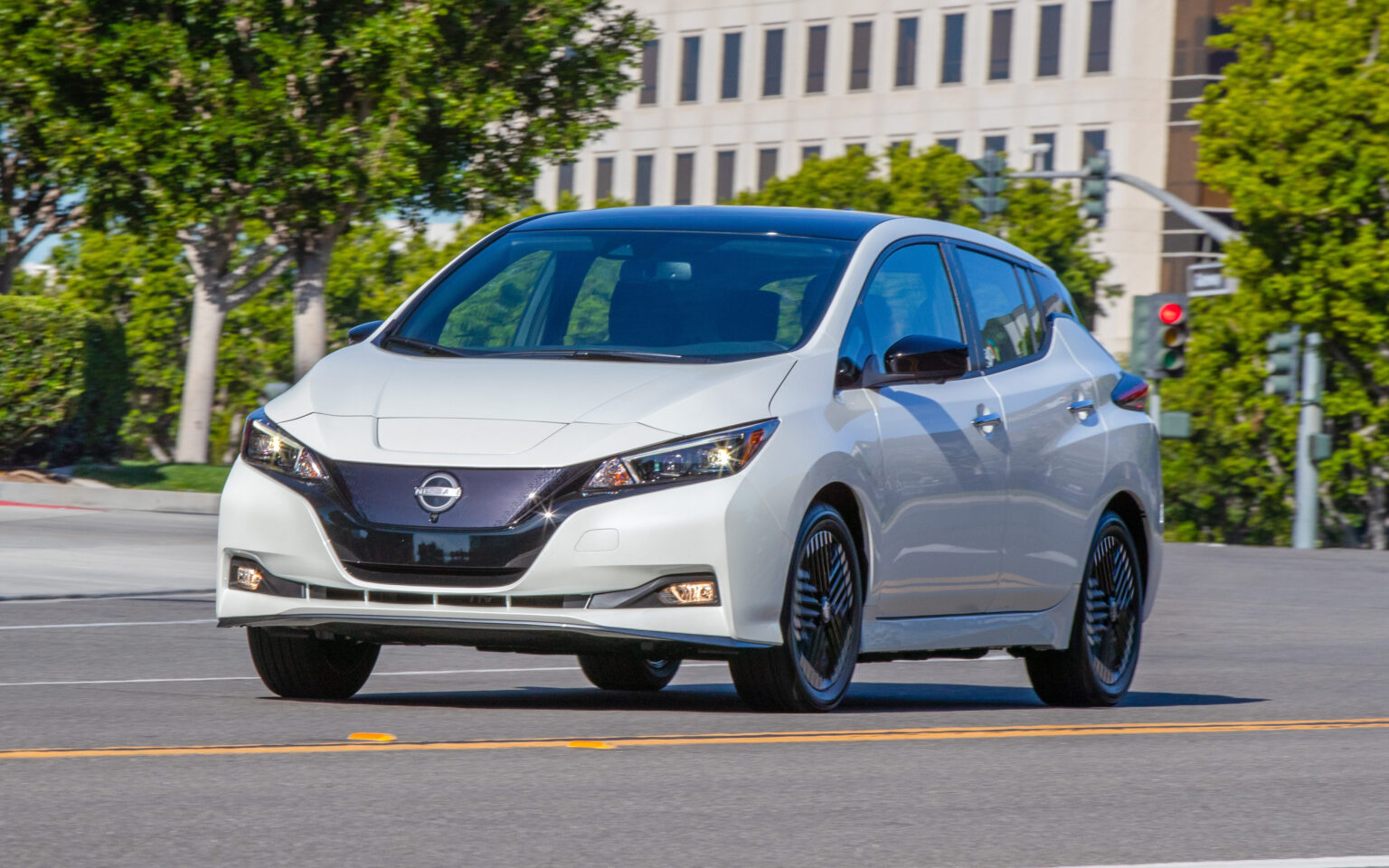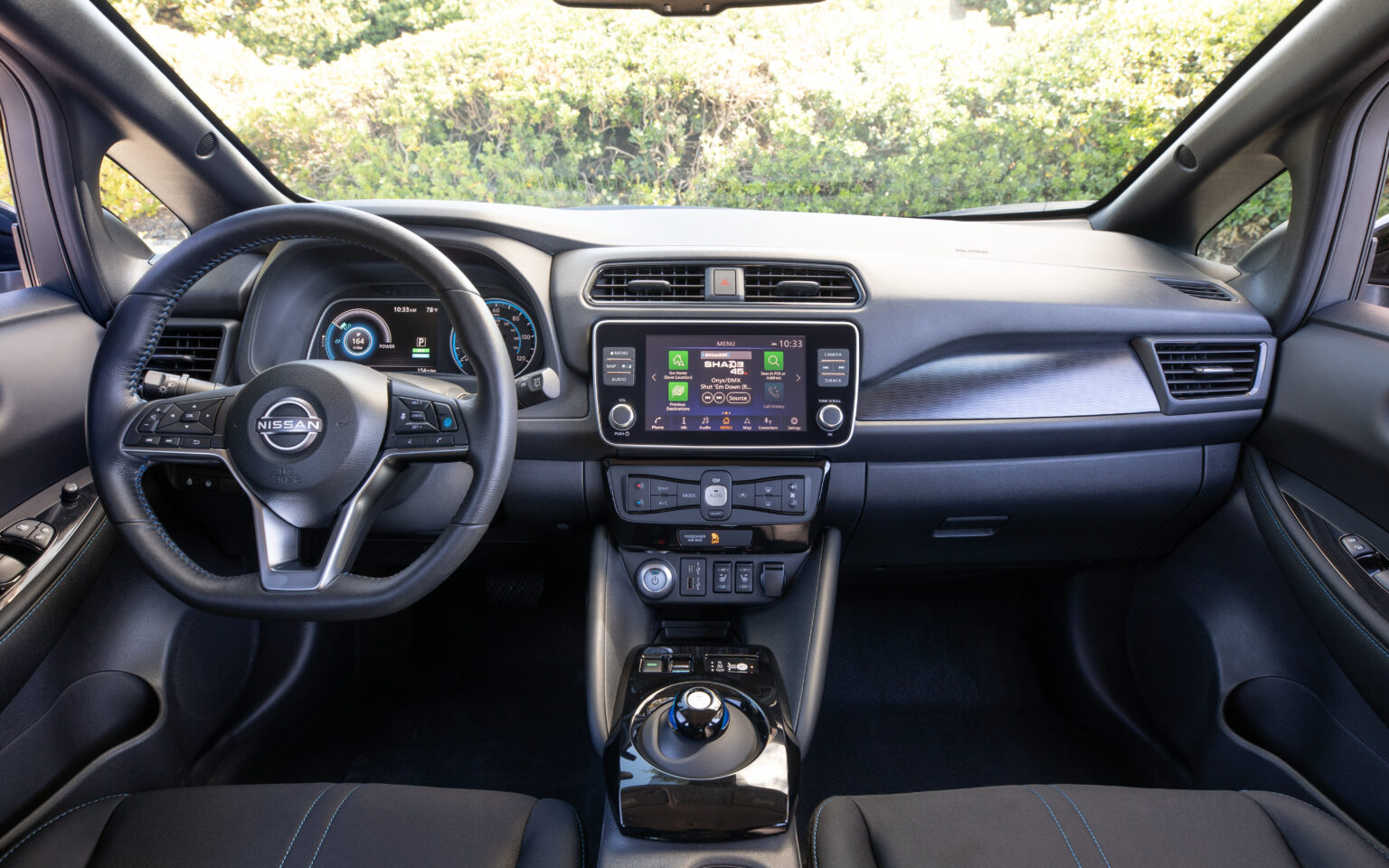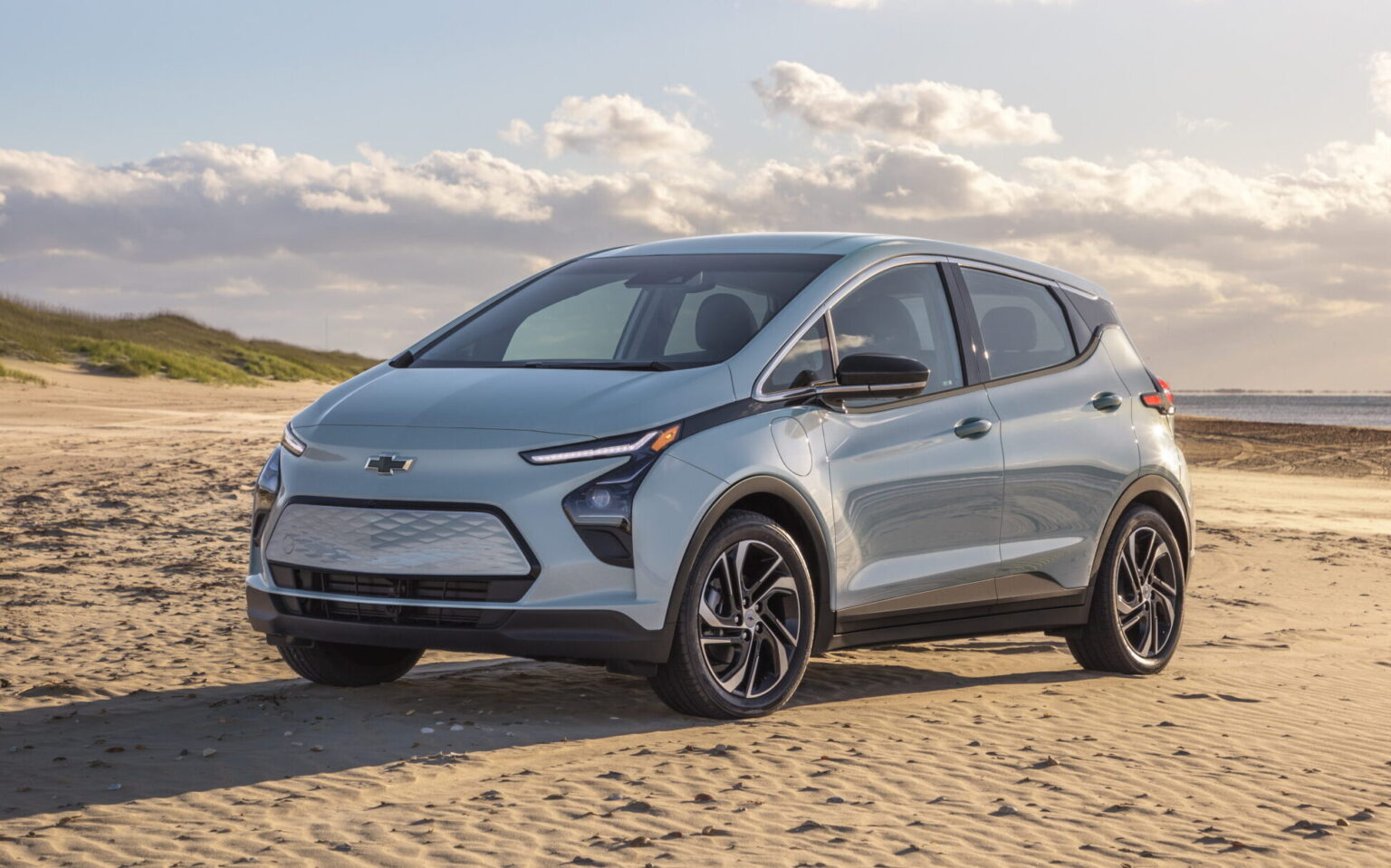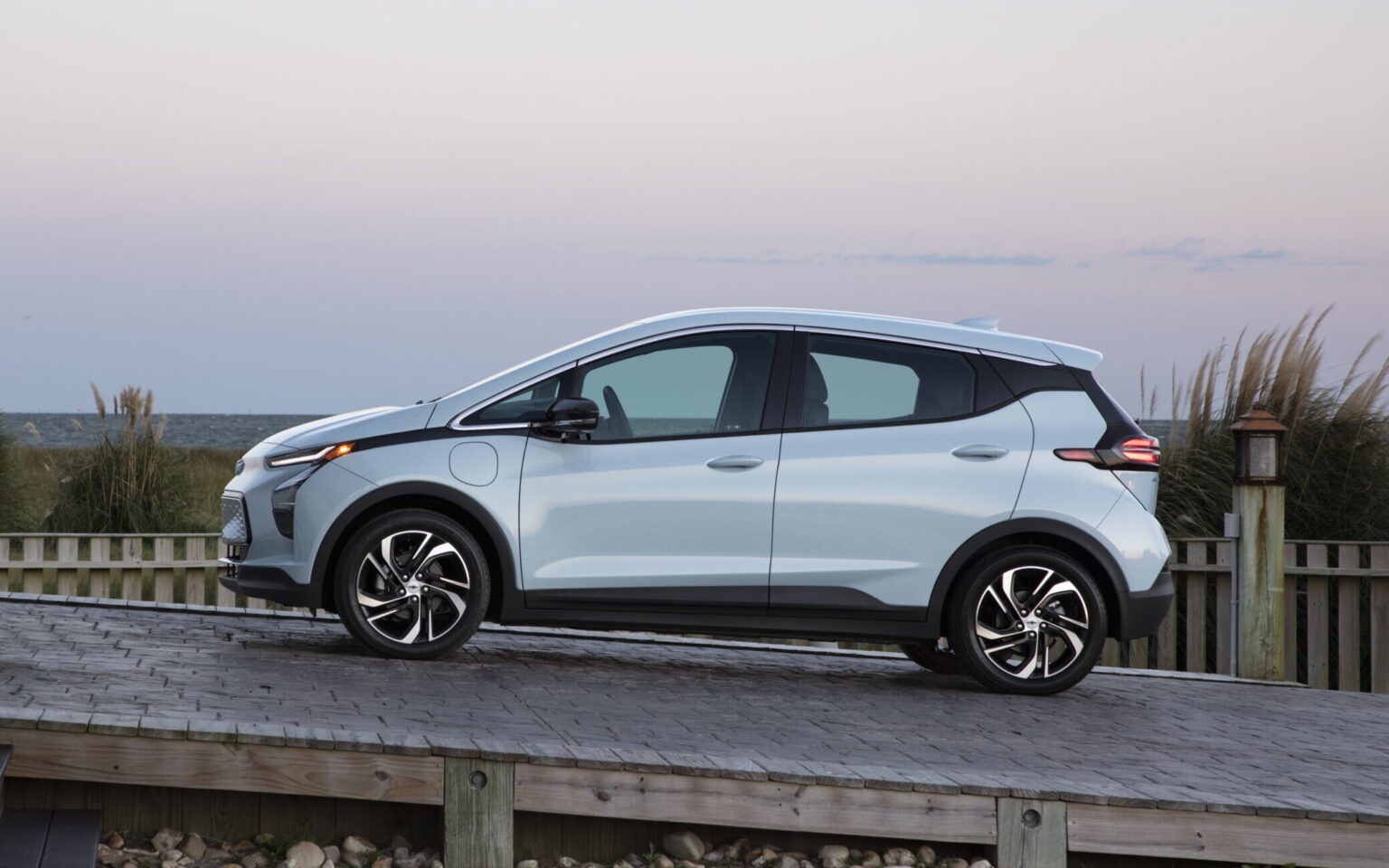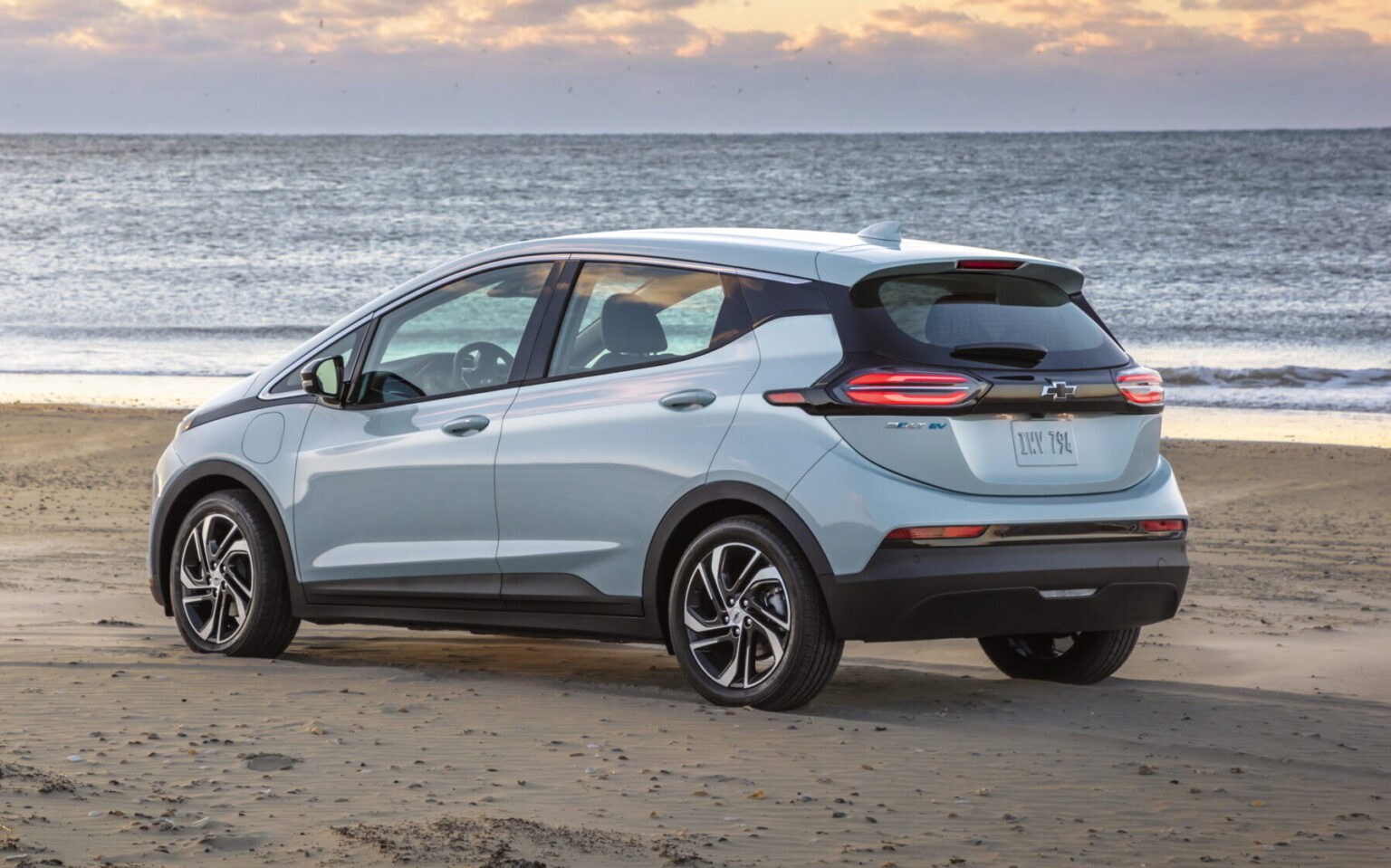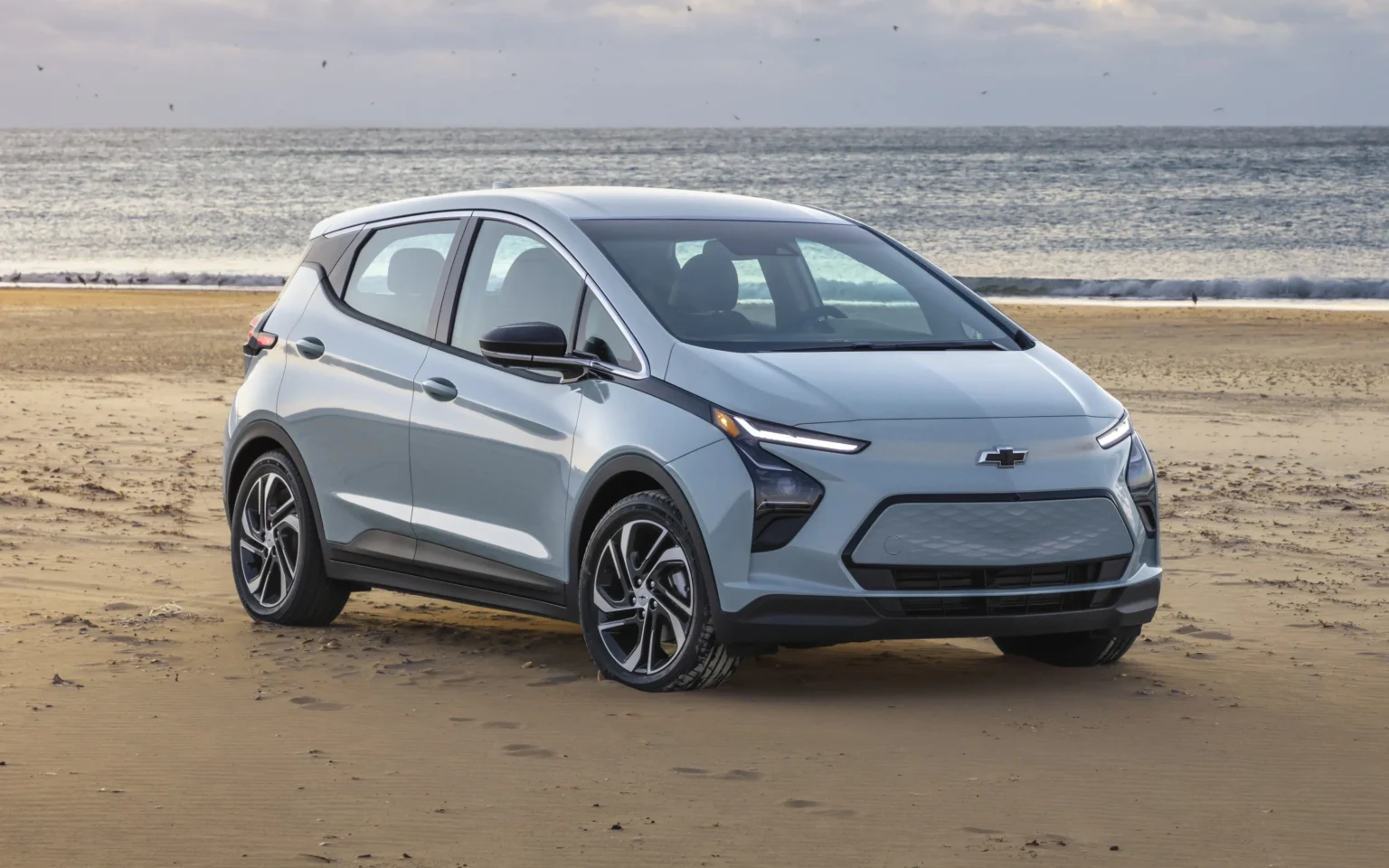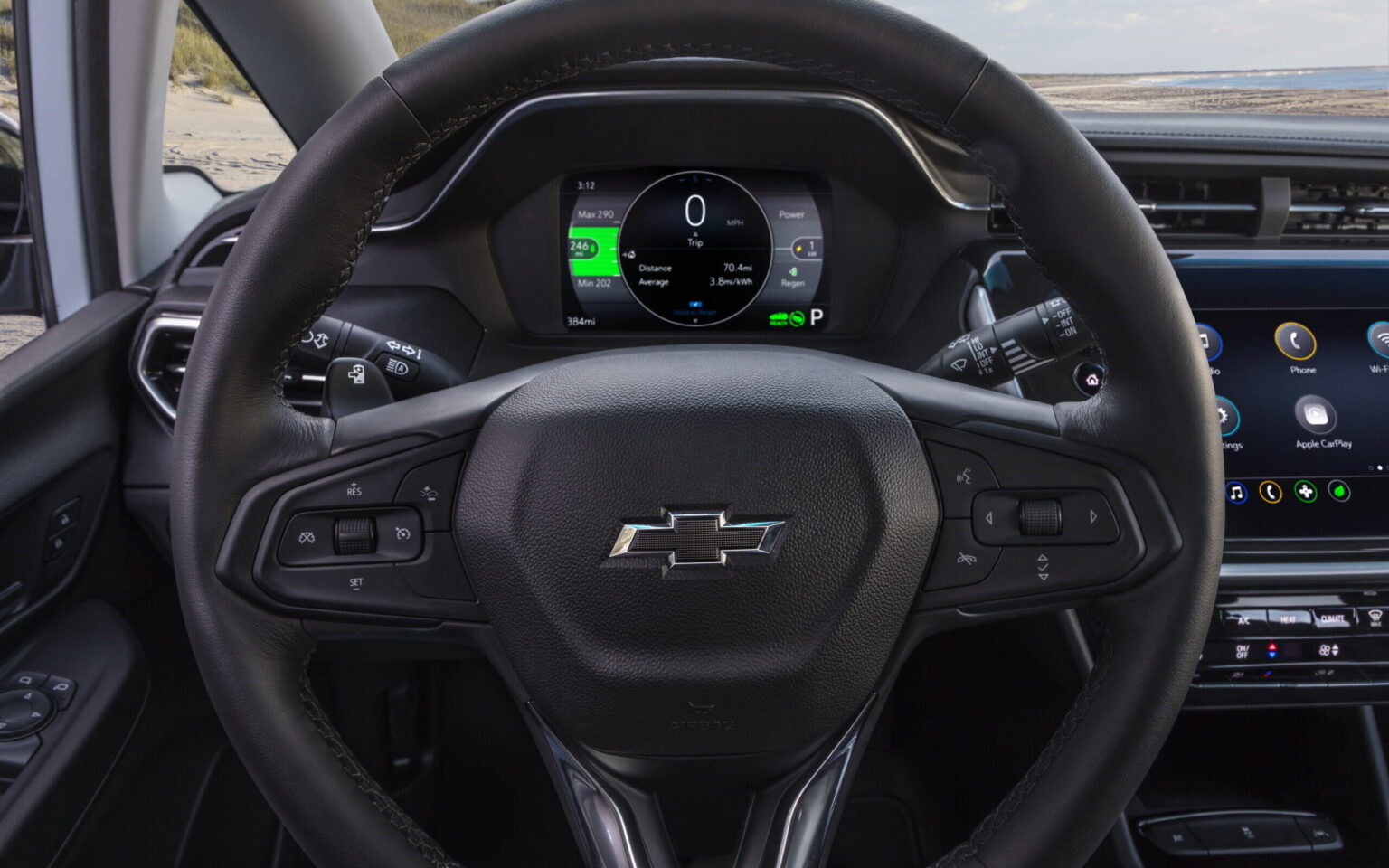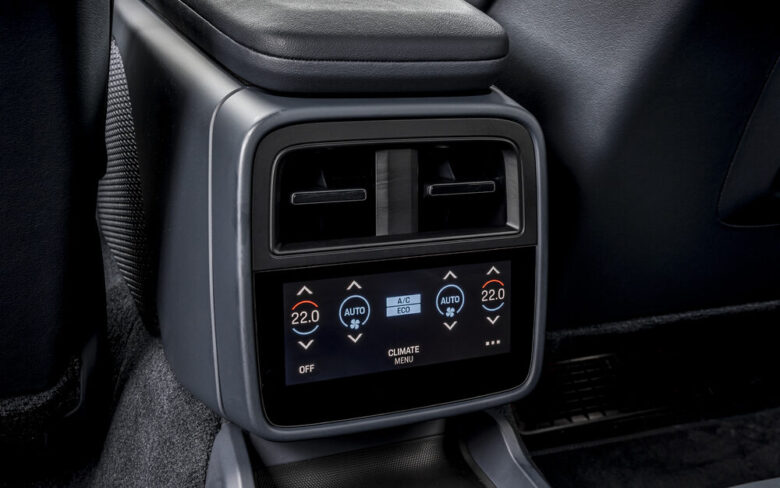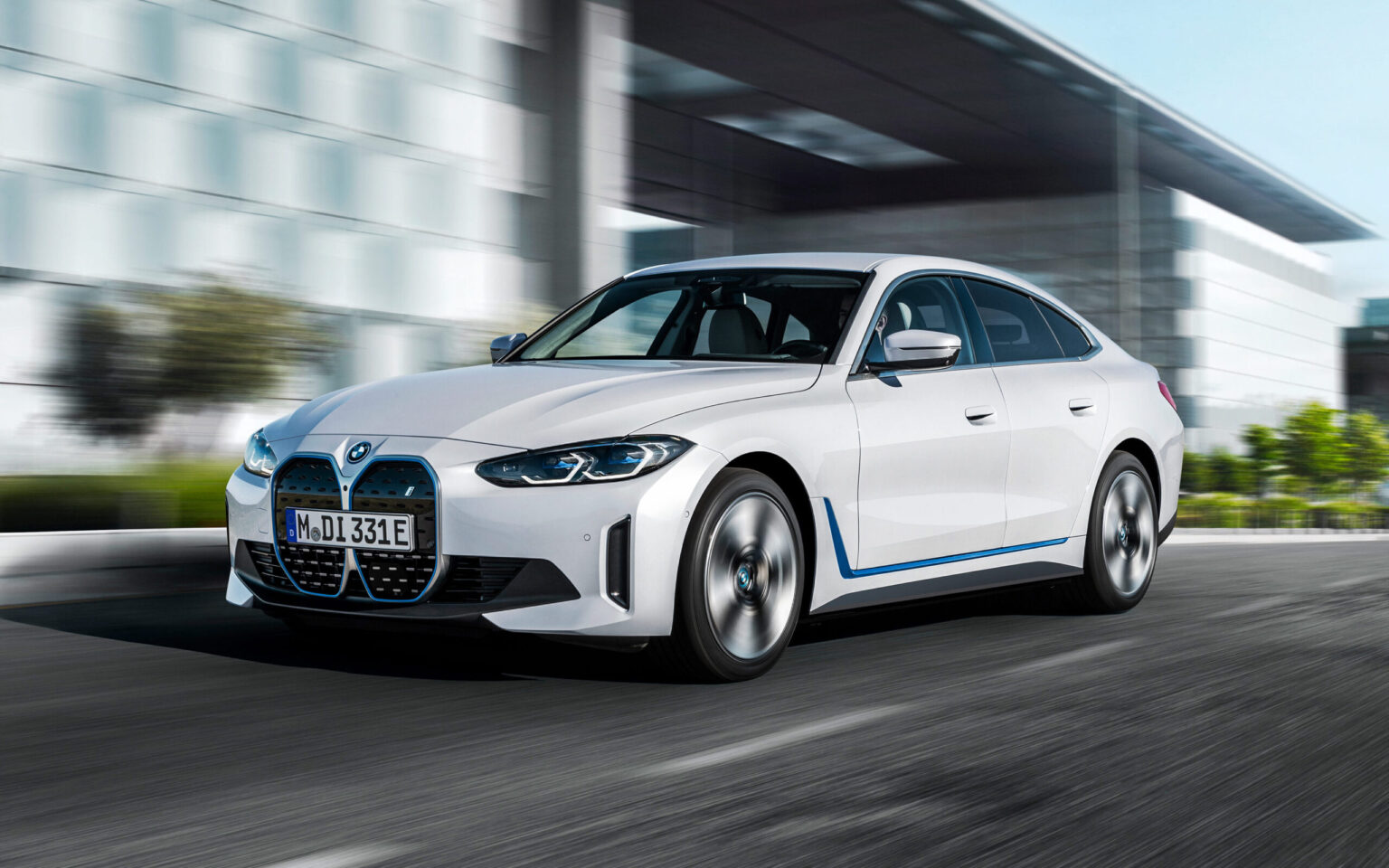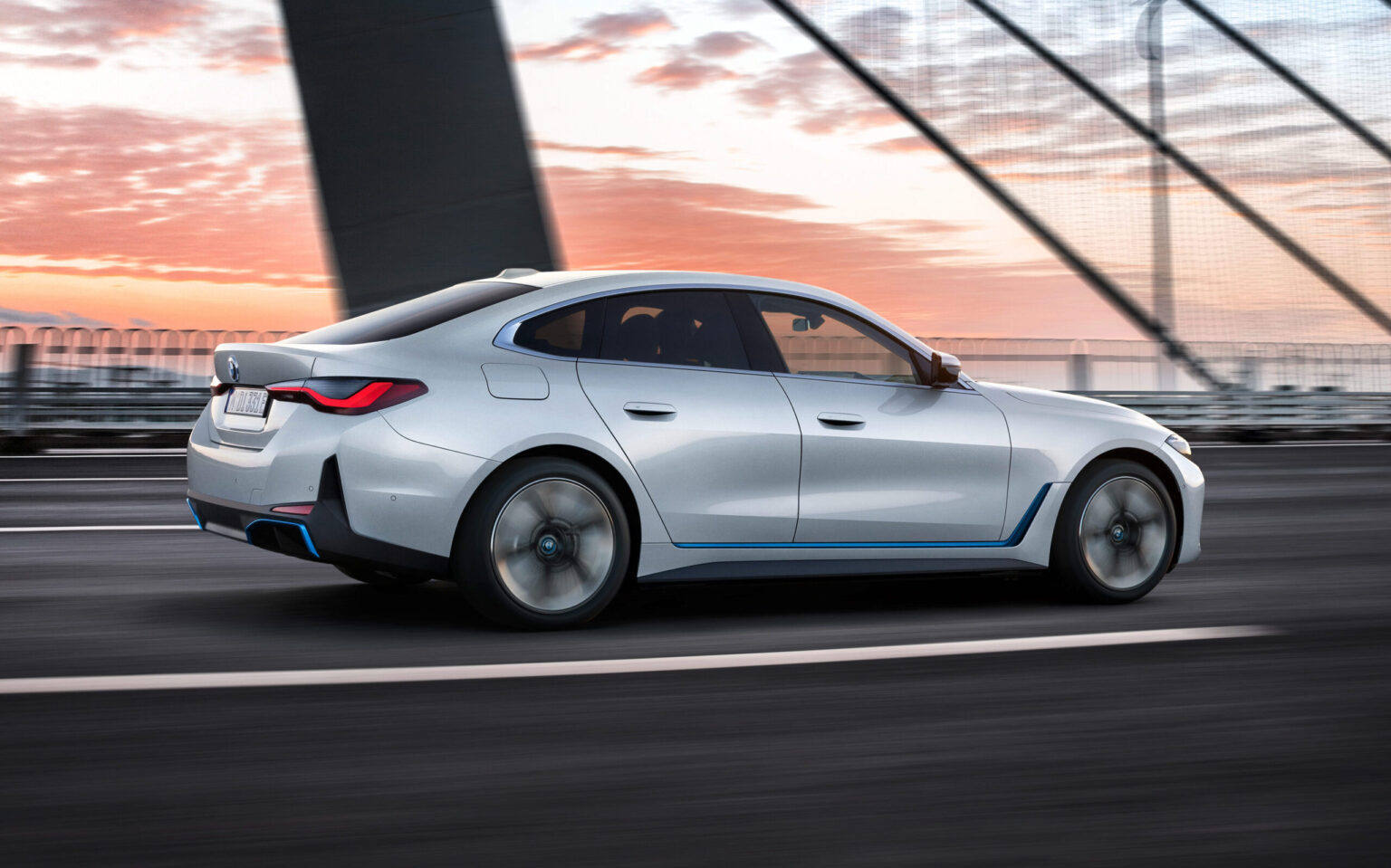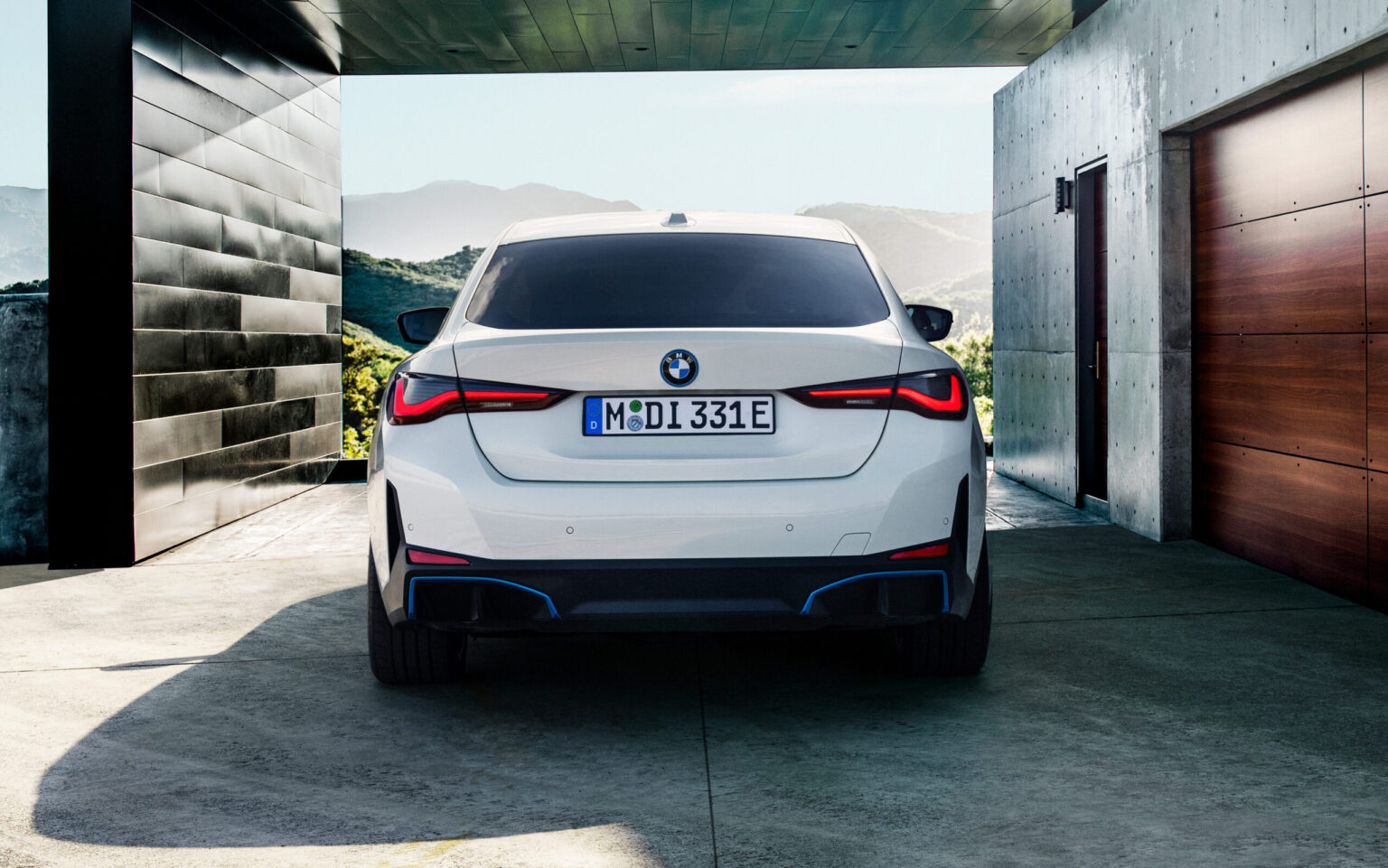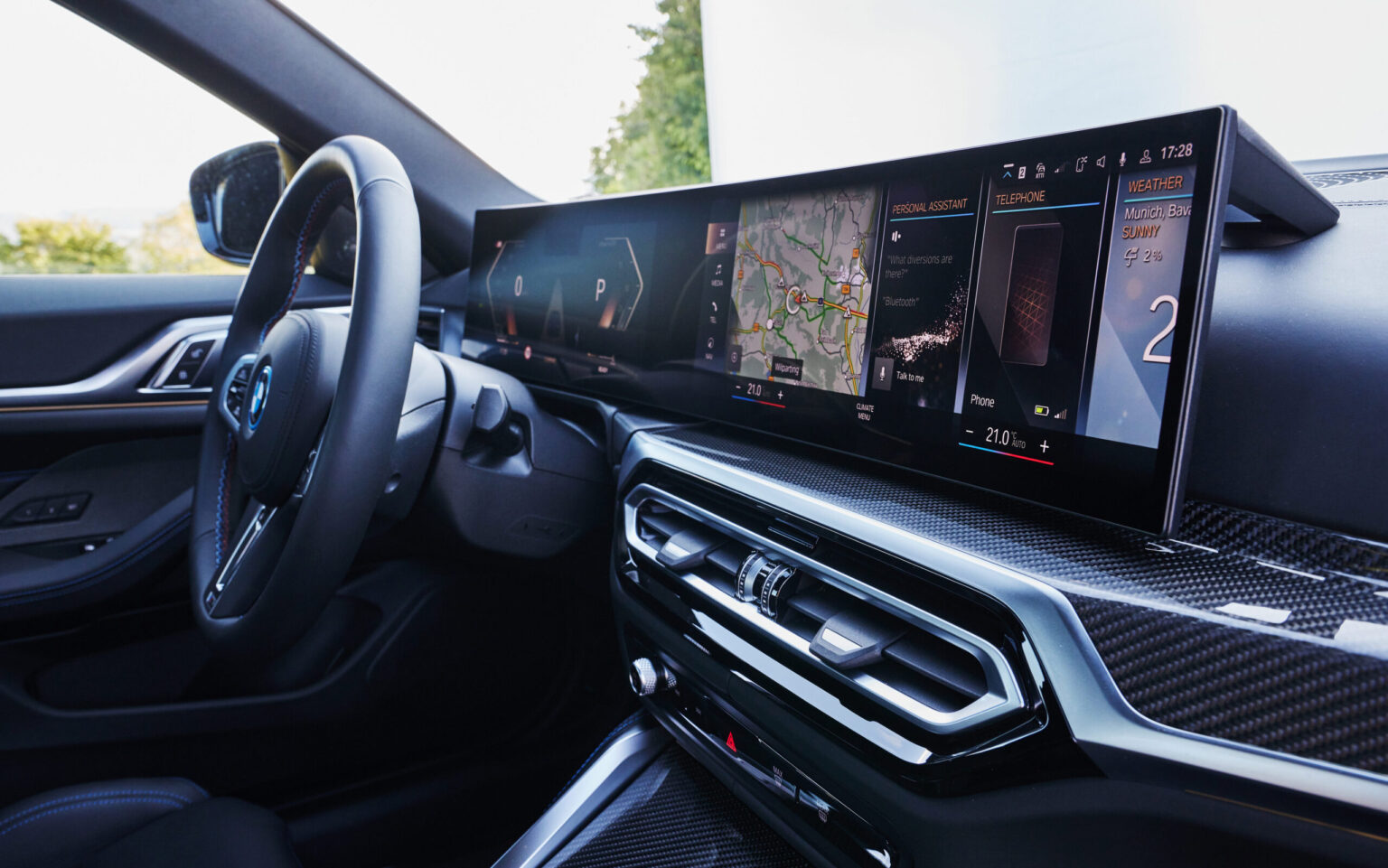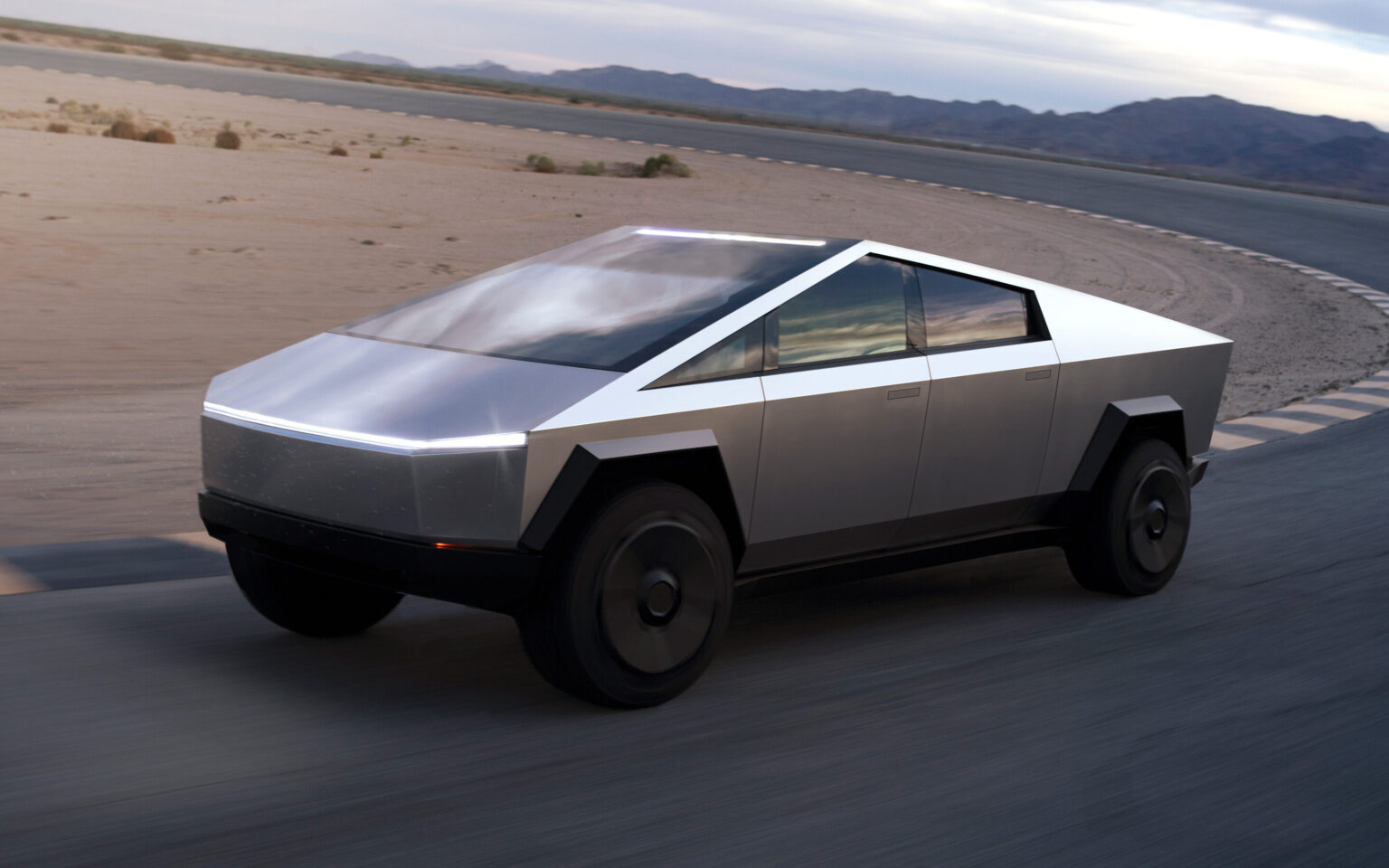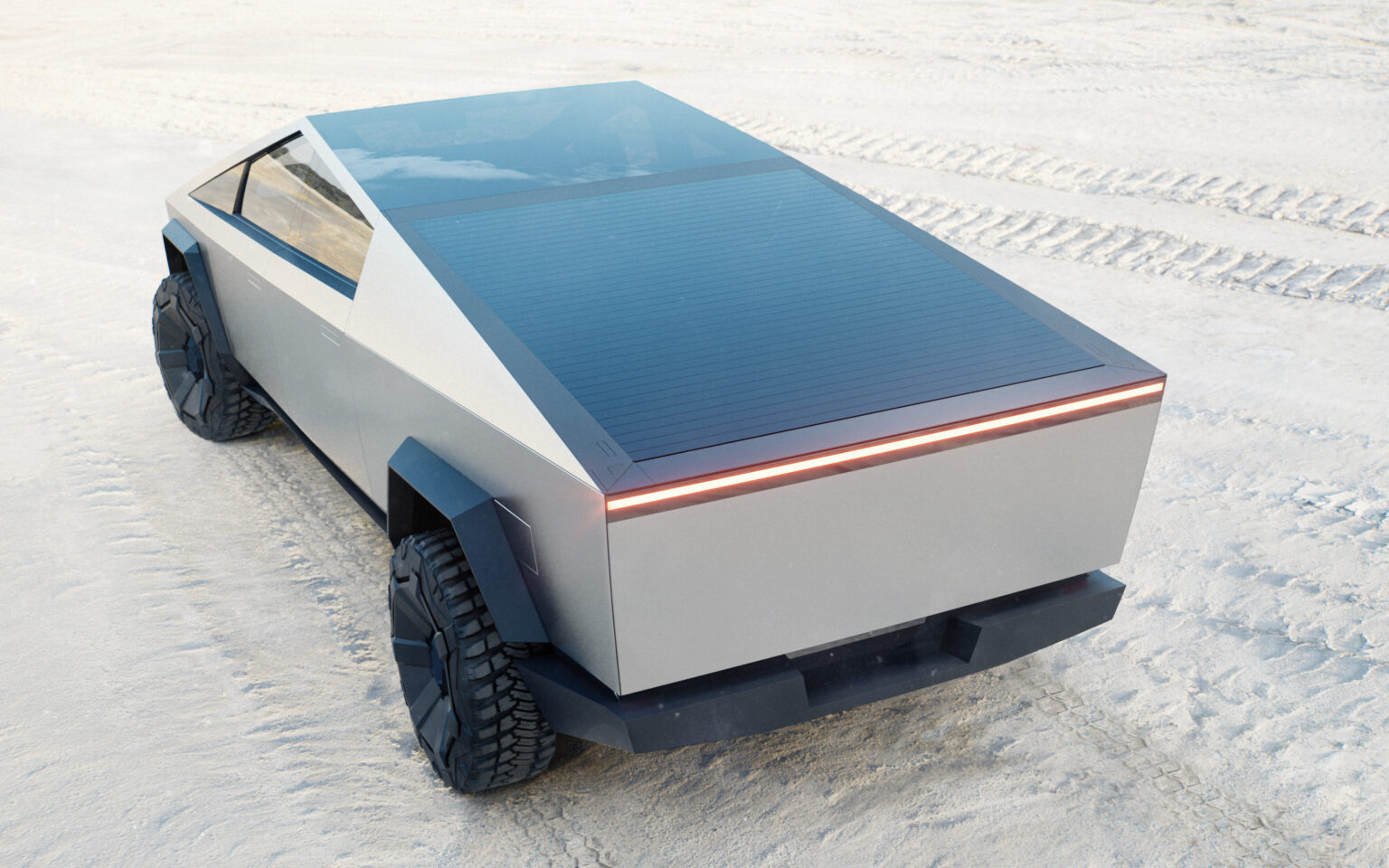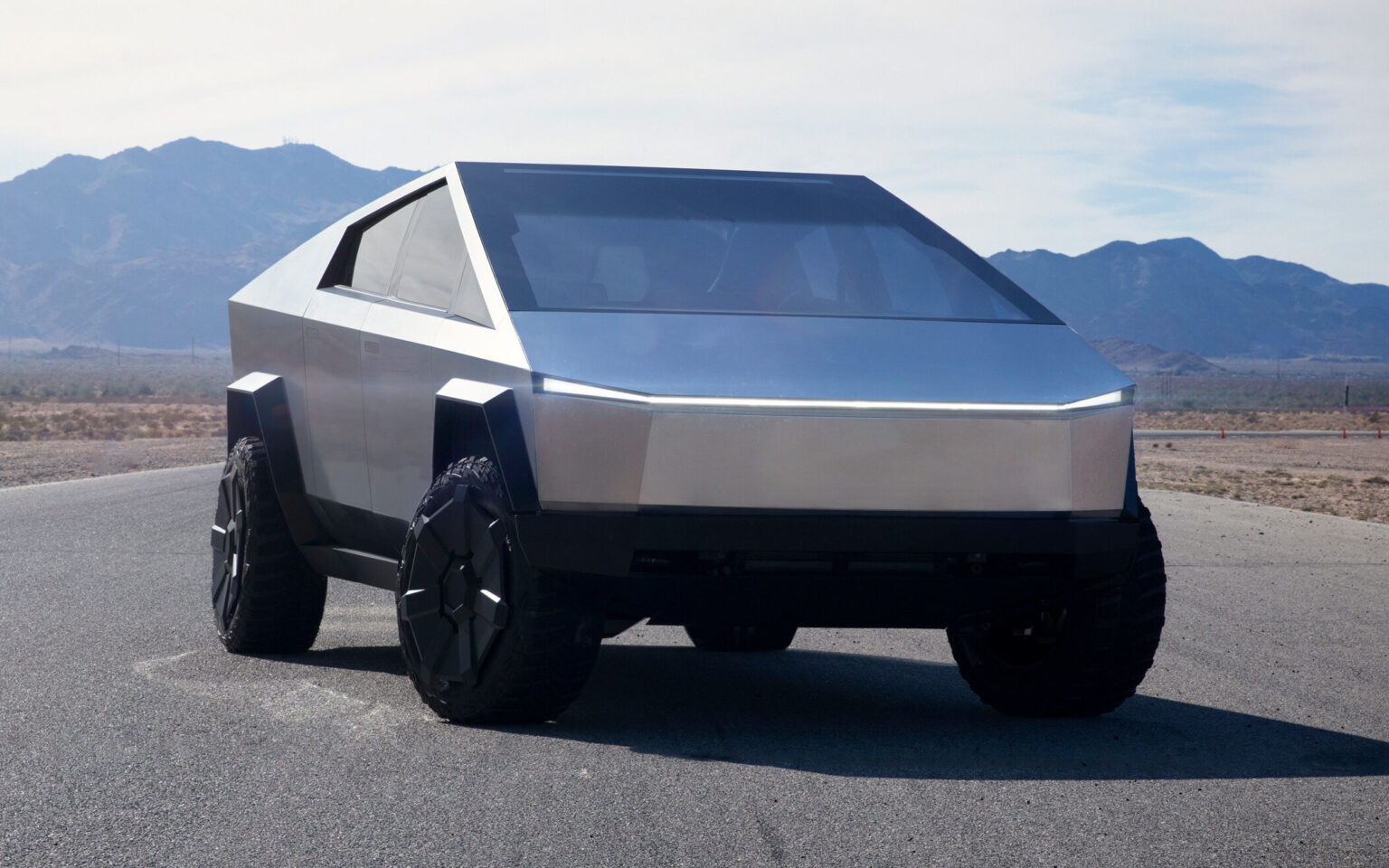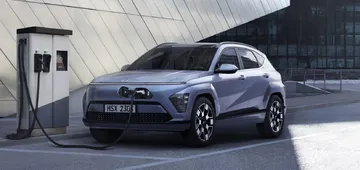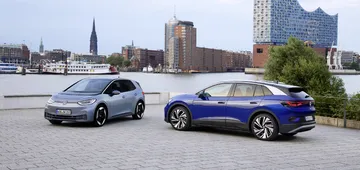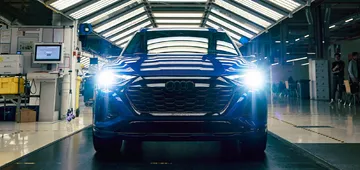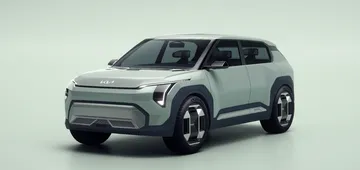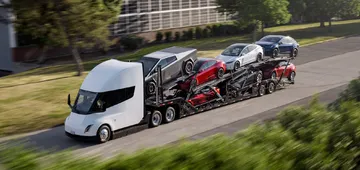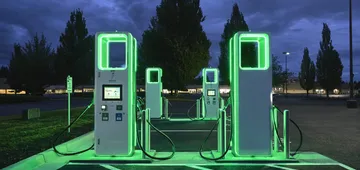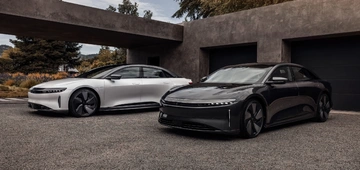Pros and Cons of Electric Cars: The Ultimate Guide
The electric vehicle market is witnessing significant growth, presenting a wide array of models ranging from budget-friendly to high-end luxury, each boasting distinct characteristics. As prospective buyers contemplate transitioning to electric vehicles, understanding the benefits and drawbacks is crucial. This comprehensive article explores the various Pros and Cons associated with electric cars, providing in-depth insights and real-life examples from some of the top electric vehicle models currently available.
Pros of Electric Cars: A Comprehensive Overview
Electric cars offer numerous Pros, including environmental benefits through zero tailpipe emissions, which contribute to cleaner air and reduced pollution. They also boast lower operating costs due to cheaper electricity for charging and fewer mechanical parts, leading to reduced maintenance expenses. Electric vehicles provide high performance with instant torque and smooth acceleration, coupled with quiet operation for a more peaceful driving experience. Additionally, many governments offer tax incentives and rebates for electric car buyers, making them more affordable and accessible.
Pros - Environmental Benefits: Advancing Towards Green Mobility
One of the Pros of the Electric vehicles, such as the Hyundai Kona Electric, represent a significant advancement in environmental conservation. They are distinguished by their zero tailpipe emissions, which plays a critical role in reducing air pollution. This shift towards electric vehicles is an important stride in promoting sustainable transportation, directly addressing key environmental challenges like climate change and deteriorating urban air quality.
The transition to electric vehicles is a pivotal solution for mitigating harmful emissions. It contributes to a cleaner atmosphere and fosters a healthier planet. By embracing electric vehicles, society makes a meaningful contribution towards reducing environmental degradation, paving the way for a more sustainable and ecologically responsible future.
Pros - Cost-Effectiveness of Electric Cars: Analyzing the Tesla Model 3 Experience
Electric vehicles, such as the Tesla Model 3, are renowned for their lower operating costs when compared to traditional gasoline-powered cars. This cost efficiency stems primarily from the lower expense of electricity for recharging, as opposed to the higher costs of gasoline. Additionally, electric vehicles typically require less maintenance due to having fewer moving parts, further reducing overall operating expenses which is definetly counts as one of the huge Pros.
The combination of lower energy costs and reduced maintenance needs makes electric vehicles an economically attractive option over their lifespan. This affordability factor is a significant advantage for EV owners, contributing to the growing popularity and practicality of electric vehicles in the automotive market.
Pros - Performance Enhancements in Electric Vehicles: The New Driving Paradigm
Electric vehicles like the Ford Mustang Mach-E are revolutionizing automotive performance with their capability for instant torque. This feature enables rapid and smooth acceleration, markedly enhancing the driving experience. The characteristic immediate power delivery of electric motors distinctly differentiates EVs from traditional internal combustion engine vehicles.
This performance advantage, characterized by exhilarating driving dynamics and responsive handling, makes electric vehicles increasingly attractive. Their ability to deliver power instantly not only improves overall vehicle performance but also contributes to a more engaging and enjoyable driving experience, setting them apart in the automotive industry.
Pros - The Serenity of Electric Vehicle Operation: Audi Q4 e-tron and Beyond
Electric vehicles, exemplified by models like the Audi Q4 e-tron, are celebrated for their remarkably quiet operation, offering a tranquil driving experience. This stark contrast to the audible engine noise of conventional cars means EVs contribute significantly to reducing noise pollution. This aspect is especially beneficial in urban settings, where noise pollution is a growing issue making it one of the Pros of the EVs.
The reduced noise levels of electric vehicles not only enhance driving comfort but also positively impact urban environments by lessening auditory disturbances. This makes them an increasingly popular choice for city driving, where maintaining a peaceful atmosphere is crucial.
Pros - Navigating Tax Incentives and Rebates for Electric Car Purchases
The Government is offering tax incentives and rebates to encourage the adoption of electric vehicles (EVs), such as the Lucid Air. These incentives are aimed at making EVs more affordable for consumers by reducing the upfront costs. This approach supports the transition to cleaner transportation methods and helps to promote environmental sustainability.
These financial incentives can vary significantly between different regions and may include tax credits, rebates, reduced registration fees, and even exemptions from certain taxes. By lowering the cost barrier, these programs are essential in making electric vehicles a more attractive and feasible option for a wider range of buyers, thereby accelerating the shift towards electric mobility.
Analyzing the Cons of Electric Cars: A Balanced Perspective
Electric cars, despite their benefits, come with several drawbacks. These include higher initial purchase costs, particularly for luxury models, limited model availability compared to gasoline cars, and the concern of range anxiety due to limited battery life and the need for frequent recharging. Additionally, the charging infrastructure is still developing, which can be inconvenient for long-distance travel. The high cost of battery replacement and the long charging times compared to refueling gasoline vehicles are other significant cons of electric cars.
Cons - Addressing Range Anxiety: The Nissan Leaf Case Study
Range anxiety remains a concern for electric vehicle users, as not all models boast long ranges. Drivers of cars like the Nissan Leaf may find it necessary to carefully plan their journeys to ensure accessibility to charging stations. This need for strategic route planning can be a significant consideration for potential EV buyers.
The limited range is one of the massive Cons for some electric vehicles, especially for longer journeys. This can impact the convenience of using an EV, particularly in areas where charging infrastructure is still developing. The range factor is thus an important aspect to consider when choosing an electric vehicle.
Cons - Charging Time Challenges for Electric Vehicles: The Chevrolet Bolt EV Example
Charging an electric vehicle like the Chevrolet Bolt EV is generally more time-consuming than refueling a gasoline-powered car. This longer charging time can be a significant inconvenience, particularly for those who do not have easy access to fast-charging stations.
For many EV owners, the lack of quick charging options is means adapting to a different refueling routine, which may not always align with their lifestyle or travel needs. This aspect of EV ownership is a crucial factor to consider, especially for people who frequently require quick, on-the-go refueling.
Cons - Assessing the Higher Initial Cost of Electric Vehicles: The Porsche Taycan Case
Electric vehicles often come with a higher initial purchase price compared to traditional gasoline cars. This can be particularly noticeable in luxury EV models such as the Porsche Taycan, which are priced at a premium.
Despite their lower operating and maintenance costs over time, the upfront cost of EVs can be a barrier for many potential buyers. This higher initial investment is a significant factor to consider when evaluating the overall affordability and practicality of switching to an electric vehicle.
Cons - Battery Life and Replacement Costs in Electric Cars: A Critical Look
Over time, the batteries in electric vehicles, such as those in the BMW i4, inevitably degrade, leading to reduced range and performance. This degradation is a natural process but can become a concern as the vehicle ages, potentially necessitating battery replacement.
However, replacing the battery in an electric vehicle can be a costly affair. The high cost of EV batteries contributes significantly to the overall maintenance expenses, particularly in the later years of vehicle ownership. This factor is an important consideration when evaluating the long-term costs of an electric vehicle.
Cons - Exploring the Limited Model Availability in the Electric Vehicle Market
The current electric vehicle market, though growing, still offers a more limited range of models compared to traditional gasoline vehicles. This limitation can restrict consumer choices, particularly for those with specific needs or preferences.
However, the introduction of new models like the Tesla Cybertruck is indicative of a growing diversity in the EV market. These newer models are broadening the range of options available, offering more styles and functionalities to cater to a wider consumer base. This expansion is gradually addressing the issue of limited model availability in the electric vehicle sector.
Pros and Cons Comparison: A Detailed Analysis of Electric Vehicle Features
| Aspect | Advantages | Disadvantages |
|---|---|---|
| Eco-Friendly | - No tailpipe emissions, reducing air pollution. - Promotes sustainable transportation. | - Environmental impact of battery production. |
| Cost-Effectiveness | - Lower electricity costs for charging. - Reduced maintenance due to fewer moving parts. | - Higher initial purchase price compared to gasoline cars. - Premium pricing for luxury models like Porsche Taycan. |
| Performance | - Instant torque and smooth acceleration. - Enhanced driving dynamics and handling. | - Limited range impacts long trips. - Range anxiety in areas with sparse charging infrastructure. |
| Comfort and Noise | - Quiet operation reduces noise pollution. - Ideal for urban environments. | - Some find the lack of engine sound less engaging. |
| Financial Incentives | - Tax rebates and incentives lower initial costs. - Promotes EV adoption. | - Incentives may vary by region and have eligibility criteria. |
| Model Diversity | - Growing range of models. - Options expanding from budget to luxury segments. | - Still limited compared to gasoline vehicle options. - Specific needs or preferences might not be met. |
| Charging Infrastructure | - Development of more charging stations. - Improvements in fast-charging technology. | - Charging takes longer than refueling gasoline cars. - Fast-charging stations not universally available. |
| Battery Life | - Advances in battery technology increasing lifespan. - EV batteries often come with warranties. | - Batteries degrade over time, reducing range. - Battery replacement can be costly. |
Electric Vehicles: A Sustainable Future on the Horizon
Electric cars offer a viable alternative to traditional vehicles, particularly in terms of environmental impact and performance, which are significant Pros. Models like the Tesla Model 3 and Audi e-tron showcase the advancements in EV technology, further highlighting their Pros. However, factors such as range, charging infrastructure, and cost represent important Cons or considerations. As technology advances and more models become available, these Cons are expected to diminish, making electric cars an increasingly attractive option for a wider range of consumers.
FAQ: Understanding the Advantages and Challenges of Electric Cars
We examine prevalent concerns to determine if they are genuine obstacles to EV adoption or merely outdated misconceptions. Key issues include limited battery range, concerns about battery lifespan, charging infrastructure challenges, extended charging durations, lower top speeds, higher purchase costs, and environmental impacts of battery production.
Electric vehicles, while emission-free on the road, rely on batteries that can produce toxic fumes. Additionally, much of the electricity for EVs comes from non-renewable sources, posing potential health and environmental risks.
The research indicated that, on average, electric vehicle owners tend to incur about 60% less in annual fuel expenses when compared to drivers of gasoline-powered vehicles, highlighting the cost-efficiency of EVs in terms of fuel consumption.
Electric vehicles have garnered a reputation for their numerous advantages, which include enhanced fuel economy, substantial savings on fuel expenses, and a marked reduction in emissions. This blend of benefits not only positions electric vehicles as a greener option but also underscores their economic feasibility, particularly when contrasted with traditional gasoline-powered vehicles. In essence, electric vehicles offer a compelling and sustainable solution for environmentally conscious and cost-conscious consumers alike.
Electric vehicles have fewer moving parts and don't require oil changes, among other advantages. The federal Office of Energy Efficiency and Renewable Energy reports that EVs cost approximately 4 cents less per mile for maintenance than gasoline cars, amounting to about $8,000 in savings over 15 years for the average American driver.
For a deeper dive into the world of electric vehicles, take a look at the article of the Best Small Electric SUV, which offers a detailed look at EVs. Additionally, we made the article about Best Large Electric SUV.
